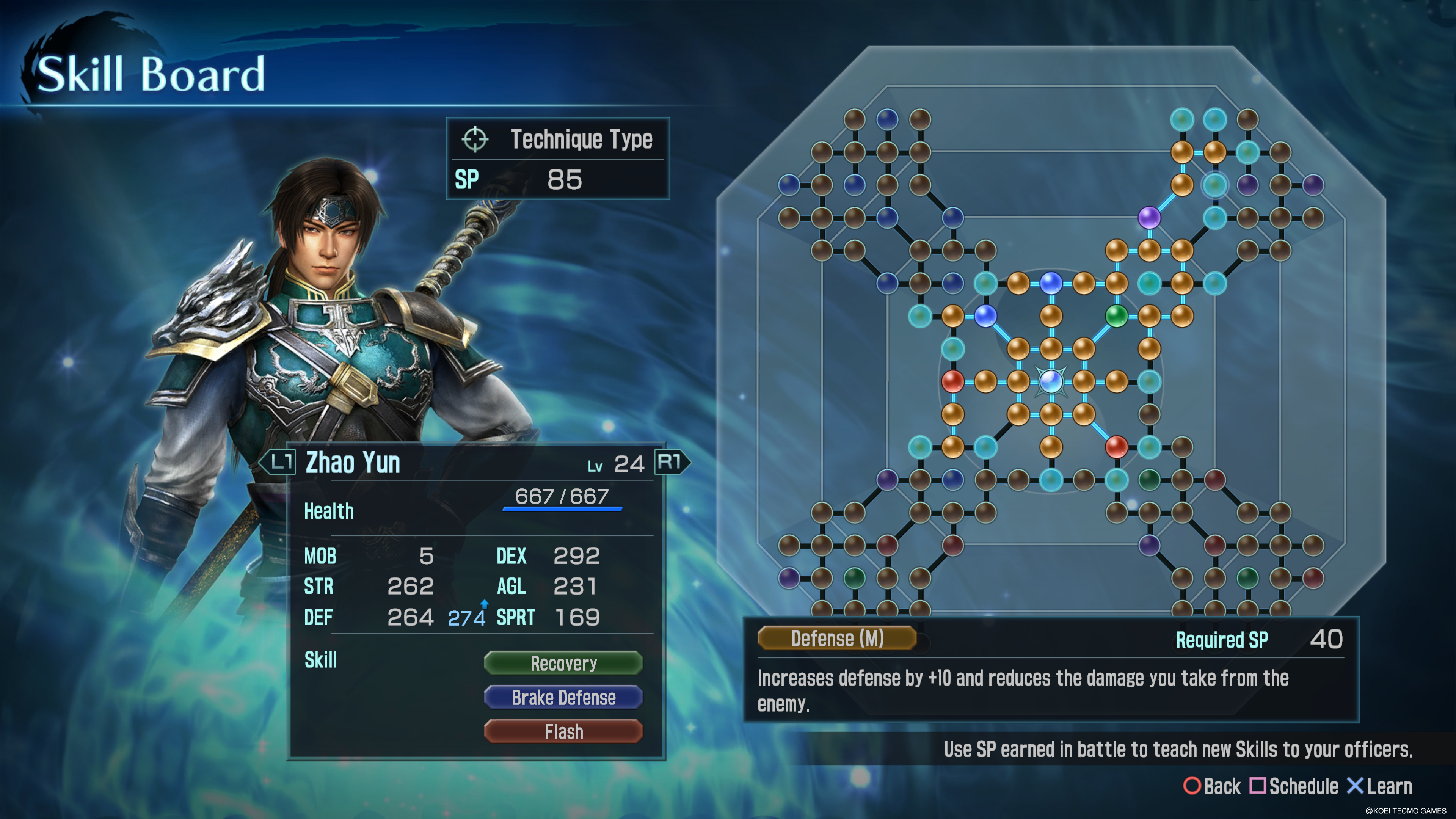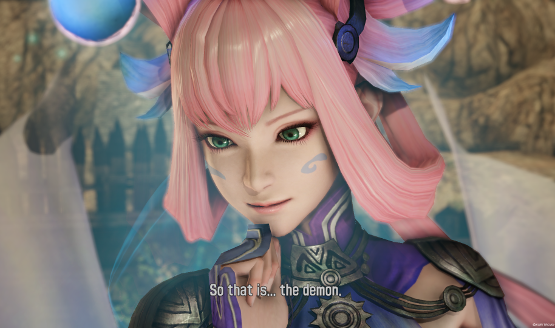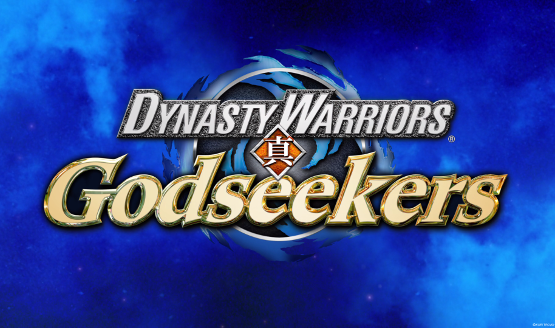
Dynasty Warriors is a series best known for its high levels of hack-and-slash action, mixed with real-time tactics, and for displaying hundreds on enemies onscreen at a time. Dynasty Warriors: Godseekers, on the other hand, slows things down and is strictly a turn-based affair. Does the slower pace work with the traditionally frantic setting? The answer is in this review.
A Familiar Setting
As in past Dynasty Warriors games, Godseekers takes place during the Three Kingdoms period in China. The story follows the exploits of Zhao Yun and Lei Bin, who stumble upon an ancient being with mysterious powers. She has been awakened, and must collect a handful of mystical orbs to prevent incredible power from falling into the wrong hands. It’s not a particularly inspired story, but is told in small chunks so you’re never locked into a lengthy segment. The story is mostly voiced, and includes the occasional pre-rendered cutscene. While the main campaign is a little convoluted, there is a ton of additional material in the form of side stories and the “Path of Destiny,” unlocked partway into the main story. This section of the game enables you to dive deeper into each characters’ individual story, and to see how they influence one another. It can actually be more entertaining than the main story at times.
If you’ve been looking for a strictly turn-based game, Godseekers fits the bill. There is none of the main series’ well-known hack-and-slash action to be seen, unless you go into the game’s options and explicitly change a setting to include Warriors battle scenes, which play out each time anyone attacks; otherwise, the game stays in its top-down camera view, and units poke and swipe at one another until a victor is declared. Musou attacks make an appearance as well, which are supercharged moves which can only be launched when an energy bar of the same name is filled for a unit.
Shallow Strategy
Strategy in Godseekers boils down to a couple of core mechanics. The direction that a unit is facing is important: attack head-on, and the damage you cause is going to be quite a bit less than if you attack from the side, or especially from behind. Every character has their own unique set of attacks, which vary in damage, energy cost, and range. While it is tempting to use a move that does the most damage at a cost of three energy, it is actually sometimes better to use less powerful moves to deal knockout-inducing damage to multiple units instead of overkilling one single unit.
The more damage you dish out, the more something called a “Synchro Charge” is loaded. Once full, you are given the option to pair up two or more characters to unleash a Synchro attack. This serves as a way to allow units to attack more than once per turn, and ends in a devastating final attack, which is guaranteed to decimate all but the most powerful of enemies.
If you choose not to attack, then you can opt to have your unit defend in a chosen direction. This can help if your unit is low on energy and you see a powerful enemy in the vicinity. But beyond the blocking state and direction of a unit, there is little else to give Godseekers’ strategy any sense of real depth. There are states that you can induce on enemy units, such as burning or shock, but they only last for the turn in which you are attacking. Catapults, for instance, merely have more health than other units – they are no more or less effective against ground troops. It’s a shame, because having to consider the attack type of a unit would have added some considerable depth, especially if you could leverage the game’s weapon crafting system to introduce such weapon attack types as piercing, blunt, sweep, and others.
Get the Lay of the Land
Although deep strategy may be lacking in Godseekers, mission types can vary a little bit. While most missions will have you attempt to defeat enemy officers while not allowing certain ones of your own to be defeated, occasionally the victory conditions of a mission will change, mid-battle. There are the occasional escort missions thrown in as well, though the ally AI can leave a lot to be desired. You’ll usually end up tailing the AI, and using healing items on them whenever possible as they are hell-bent on reaching their destination in as straight a line as possible, enemies be damned!
Crafting seems to be every game’s go-to mechanic, and Godseekers features this now-familiar trope as well. During and after each battle, you will acquire multiple weapons that certain characters can wield. If you have a particularly strong or favorite weapon, you can “reforge” it into a more powerful version by sacrificing another weapon, absorbing one of that sacrificed weapons’ attributes, such as extra defense, into the base weapon. It’s a simple system that can result in some very powerful weapons, which can give you an edge on the battlefield.
Characters in Godseekers gain experience as they fight, and they level up on a strictly linear scale – every 100 XP earned results in a new level. This is in stark contrast to most other games, where leveling tends to be a slower process involving steeper XP requirements the higher up in level that you go, on somewhat logarithmic scales. This means that you earn SP, or skill points, on a nearly constant basis. You use these skill points to level up your characters’ attributes such as health, dexterity, agility, and more, on a skill grid. After unlocking certain spots on the grid, special skills can be equipped, up to three per character. This can grant boons to character such as automatically healing at the start of each turn, earning experience more quickly, having an increased chance to make critical hits, etc. This is an area where some players will spend a considerable amount of time, to create loadouts that complement one another.
You’ve Seen This Before
The Warriors games are not known as being on the cutting edge of graphics or presentation, and Godseekers is no exception. Graphics are mediocre, despite the game showing far fewer enemies onscreen than in other mainline entries. Presentation is simply “good enough,” and even the handful of pre-rendered cutscenes are a bit blurry/lacking in detail. Taking a peek at the game’s gallery enables you to re-watch in-game cutscenes with any costumes you have unlocked for characters thus far, but this requires a large time investment in the game for a rather small payoff.
If you enjoy turn-based games, you may want to give Dynasty Warriors: Godseekers a look. A lengthy (if somewhat convoluted) campaign is extended with multiple side missions, and battles usually last for a decent amount of time. Creating new weapons can mix things up, and choosing item and skills loadouts on characters provides for some variety on the battlefield. However, after a dozen or so battles, the game’s lack of real strategic depth can be seen. Coupled with some less-than-stellar presentation, and disappointing ally AI, and Dynasty Warriors: Godseekers feels like a good idea that wasn’t executed to its fullest potential.
Dynasty Warriors: Godseekers review code provided by publisher. For more information on scoring please see our Review Policy.
-
A lengthy campaign
-
Lots of weapons to unlock/craft
-
Familiar Dynasty Warriors style
-
Strategy doesn't go very deep
-
Story feels contrived
-
Disappointing graphics
Dynasty Warriors Godseekers Review
-
Dynasty Warriors Godseekers Review 01
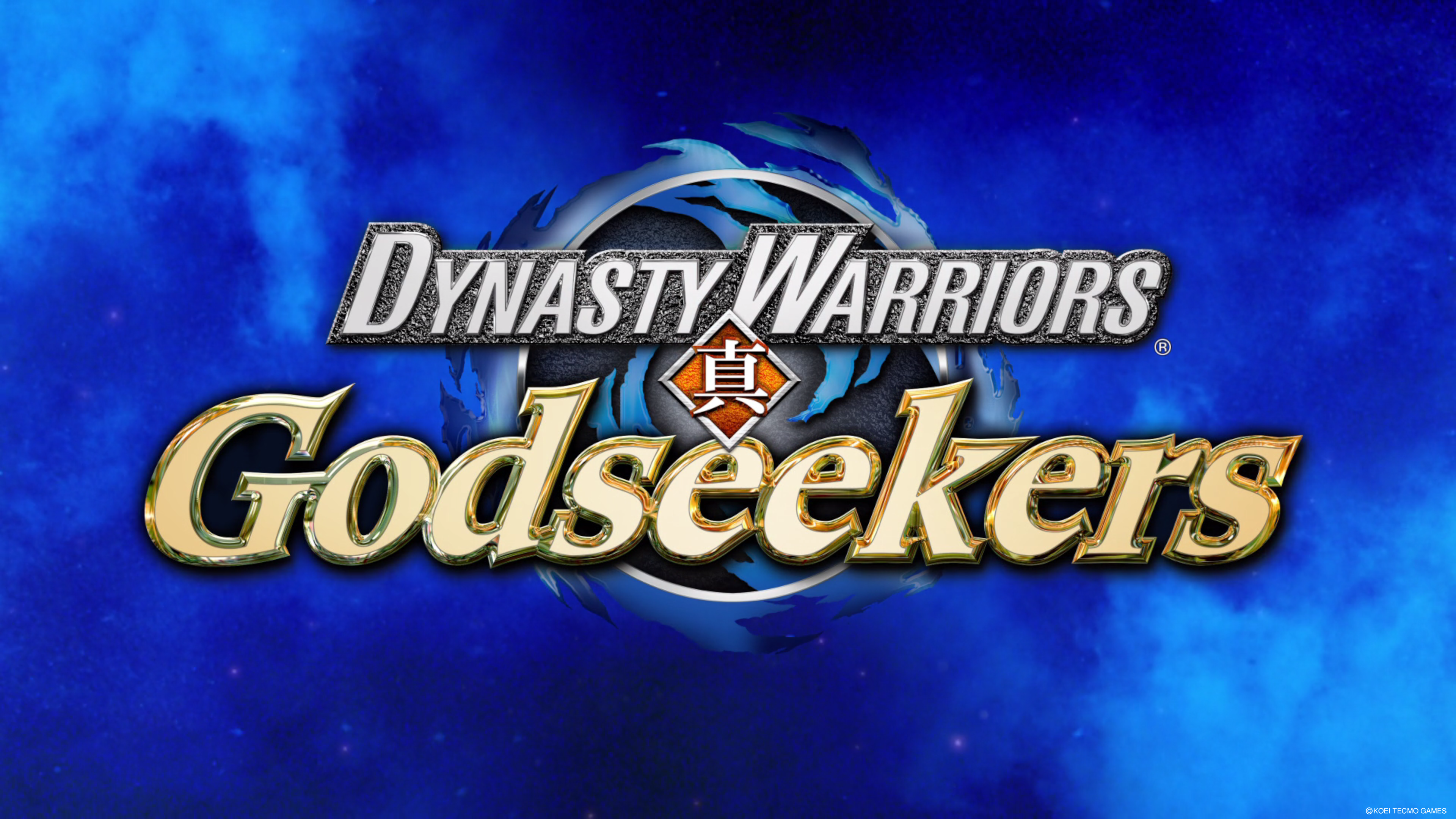
-
Dynasty Warriors Godseekers Review 02
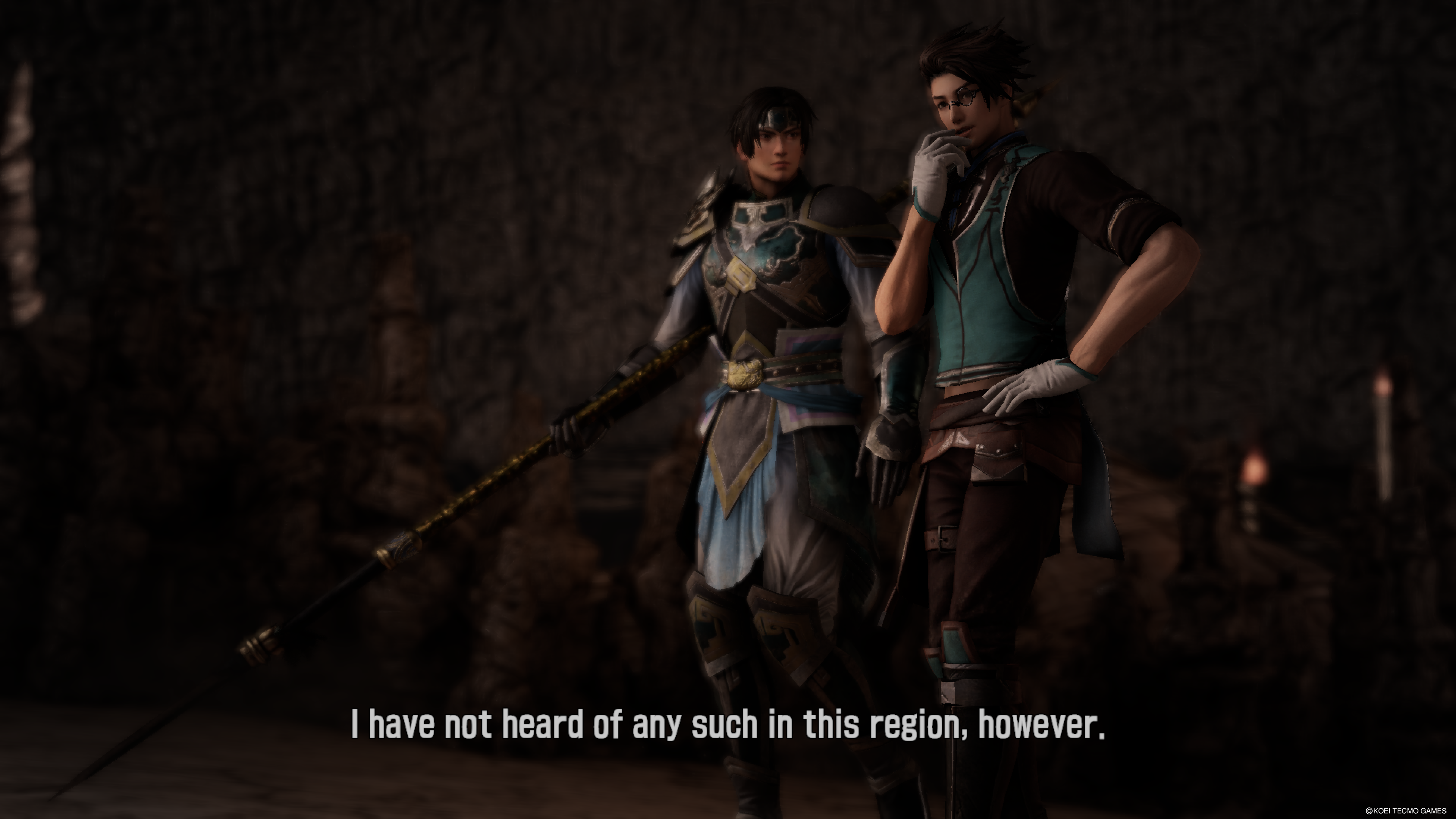
-
Dynasty Warriors Godseekers Review 03
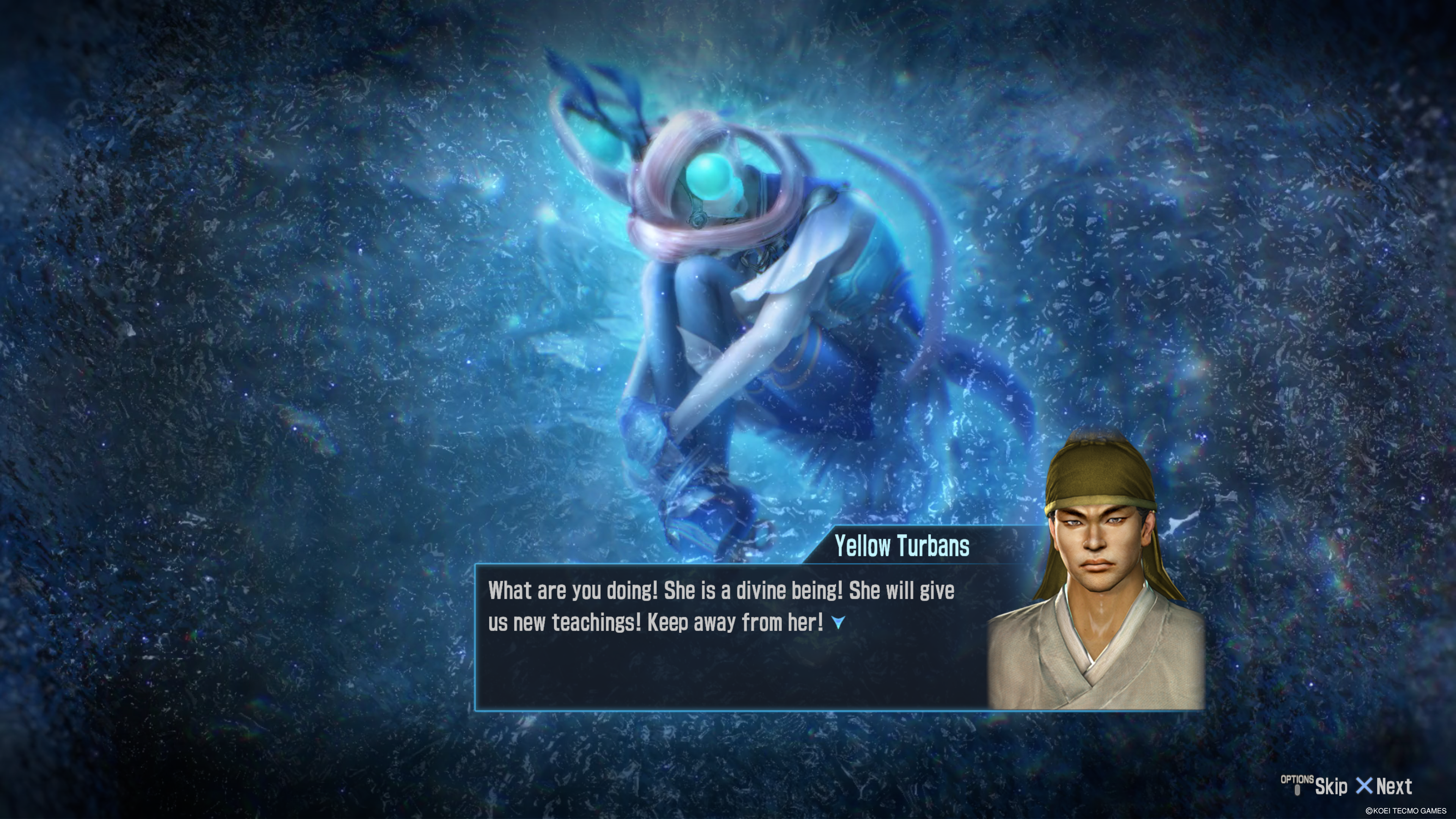
-
Dynasty Warriors Godseekers Review 04
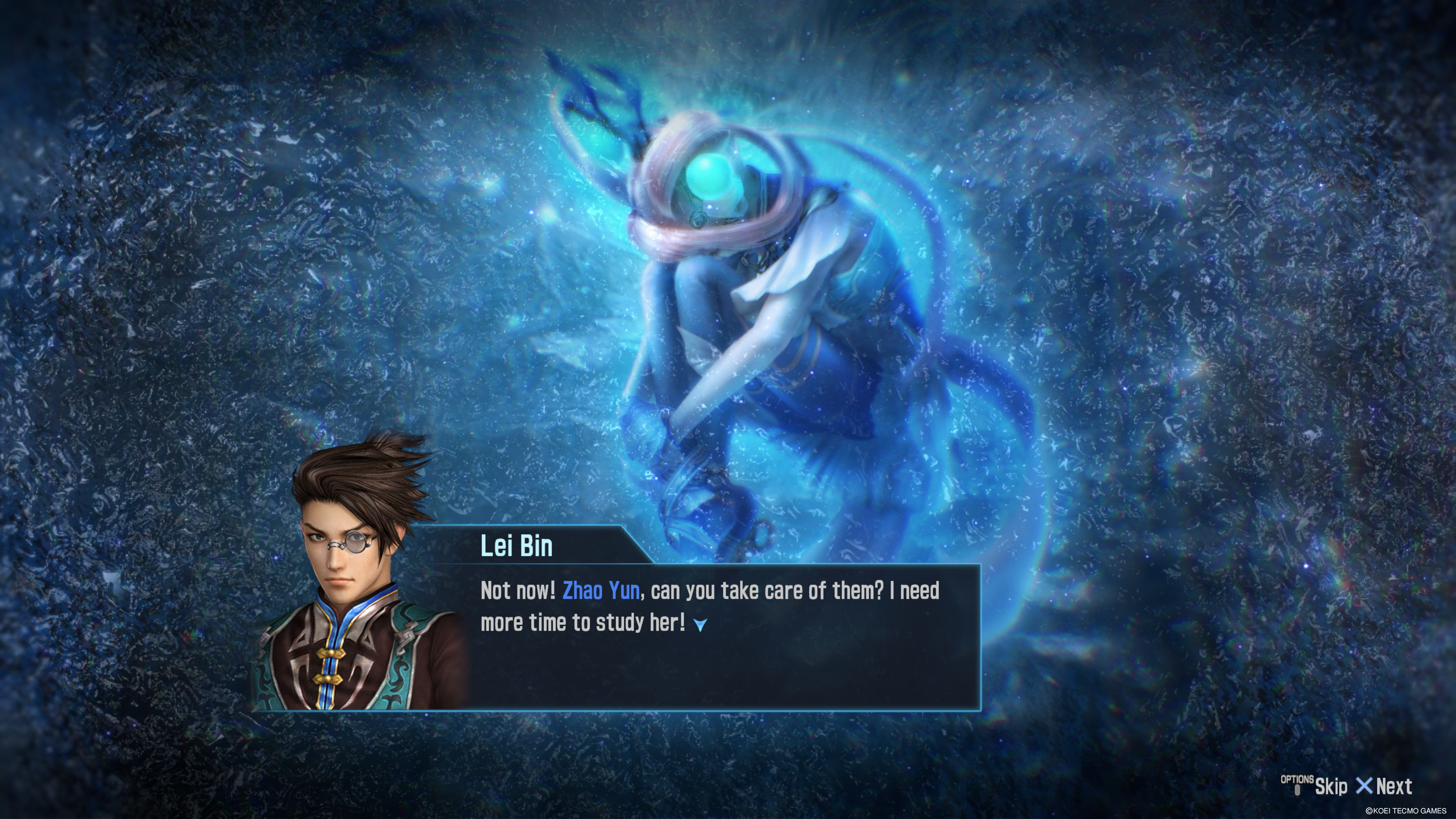
-
Dynasty Warriors Godseekers Review 05
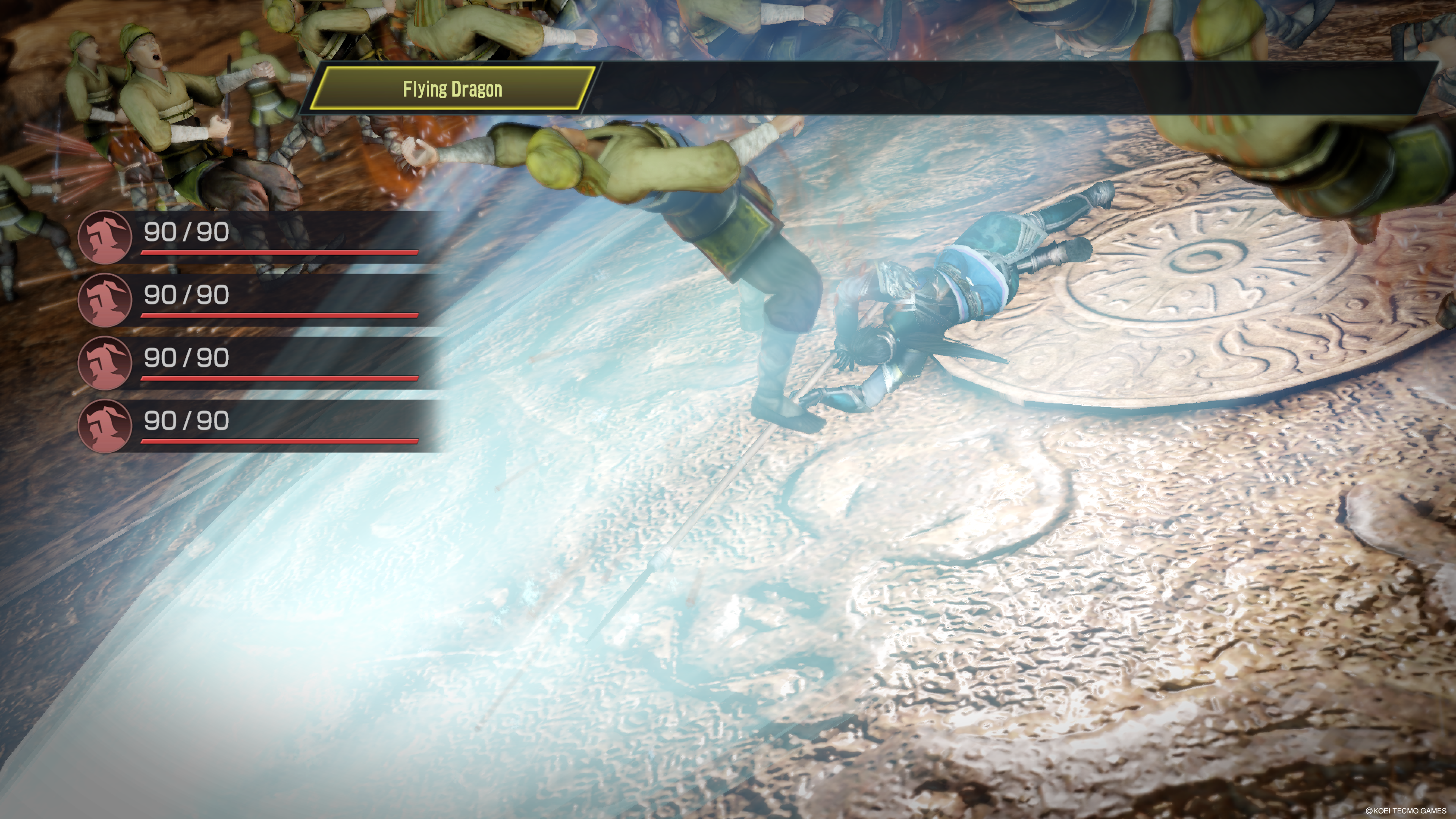
-
Dynasty Warriors Godseekers Review 06
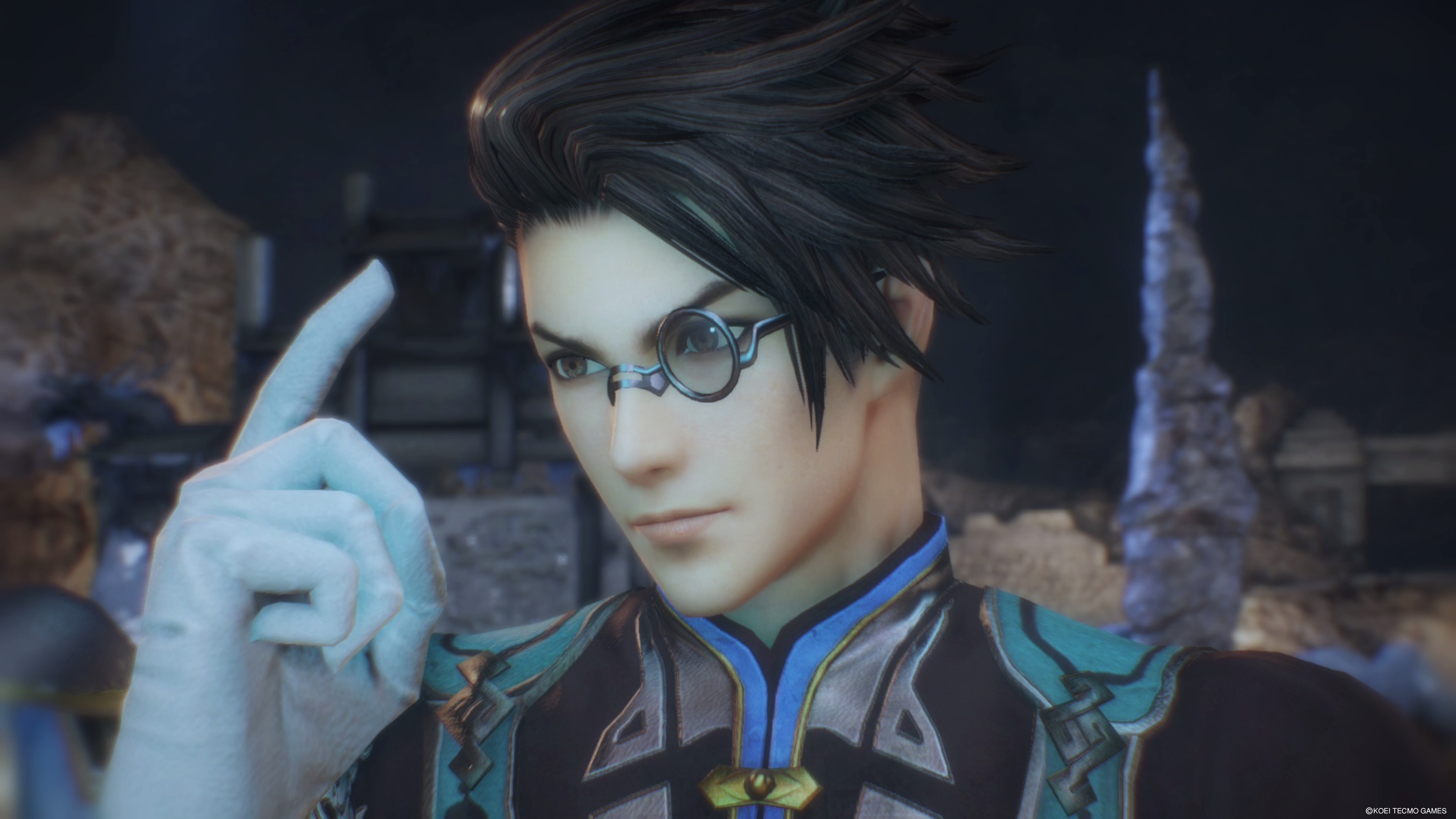
-
Dynasty Warriors Godseekers Review 07
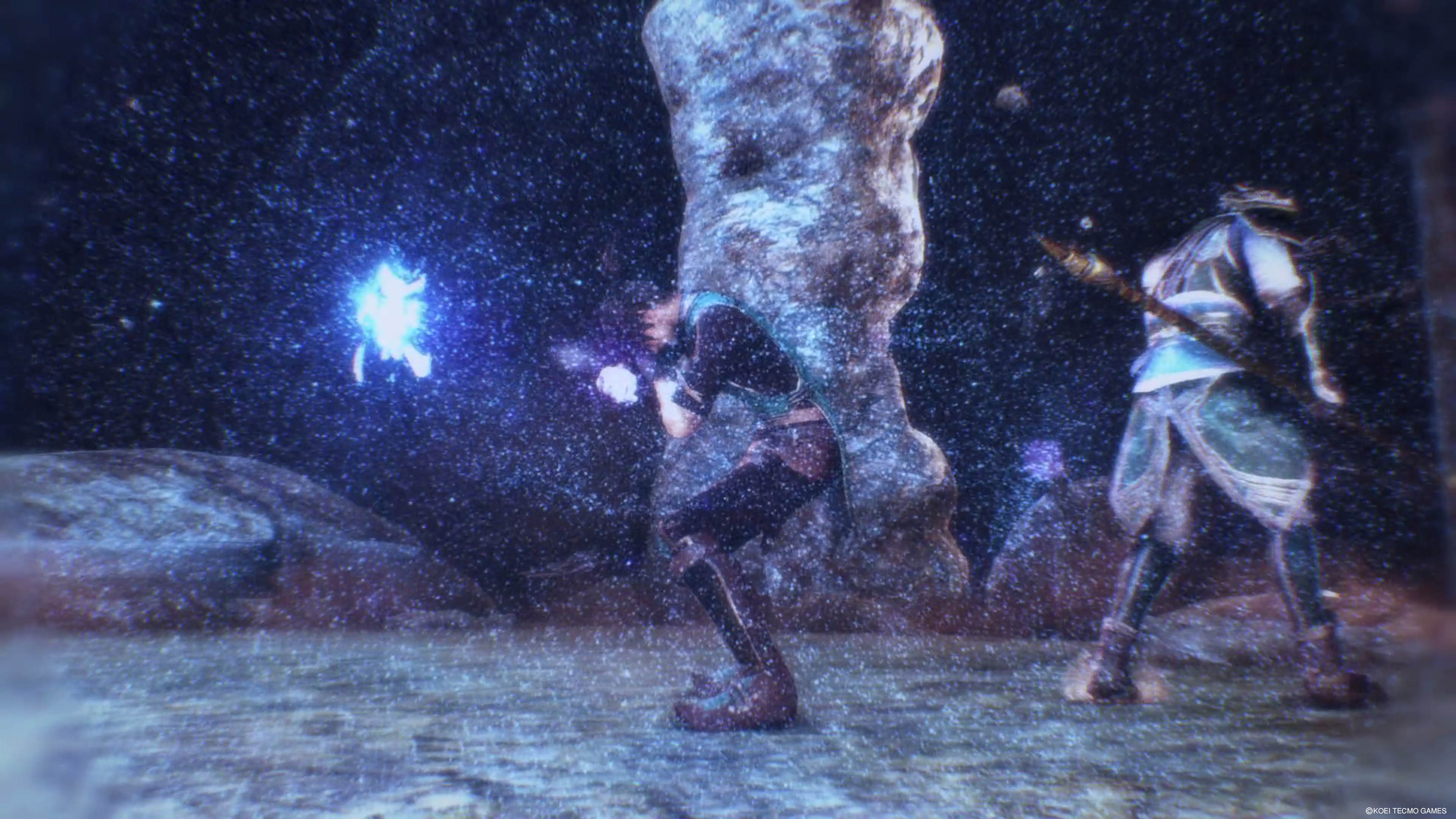
-
Dynasty Warriors Godseekers Review 08
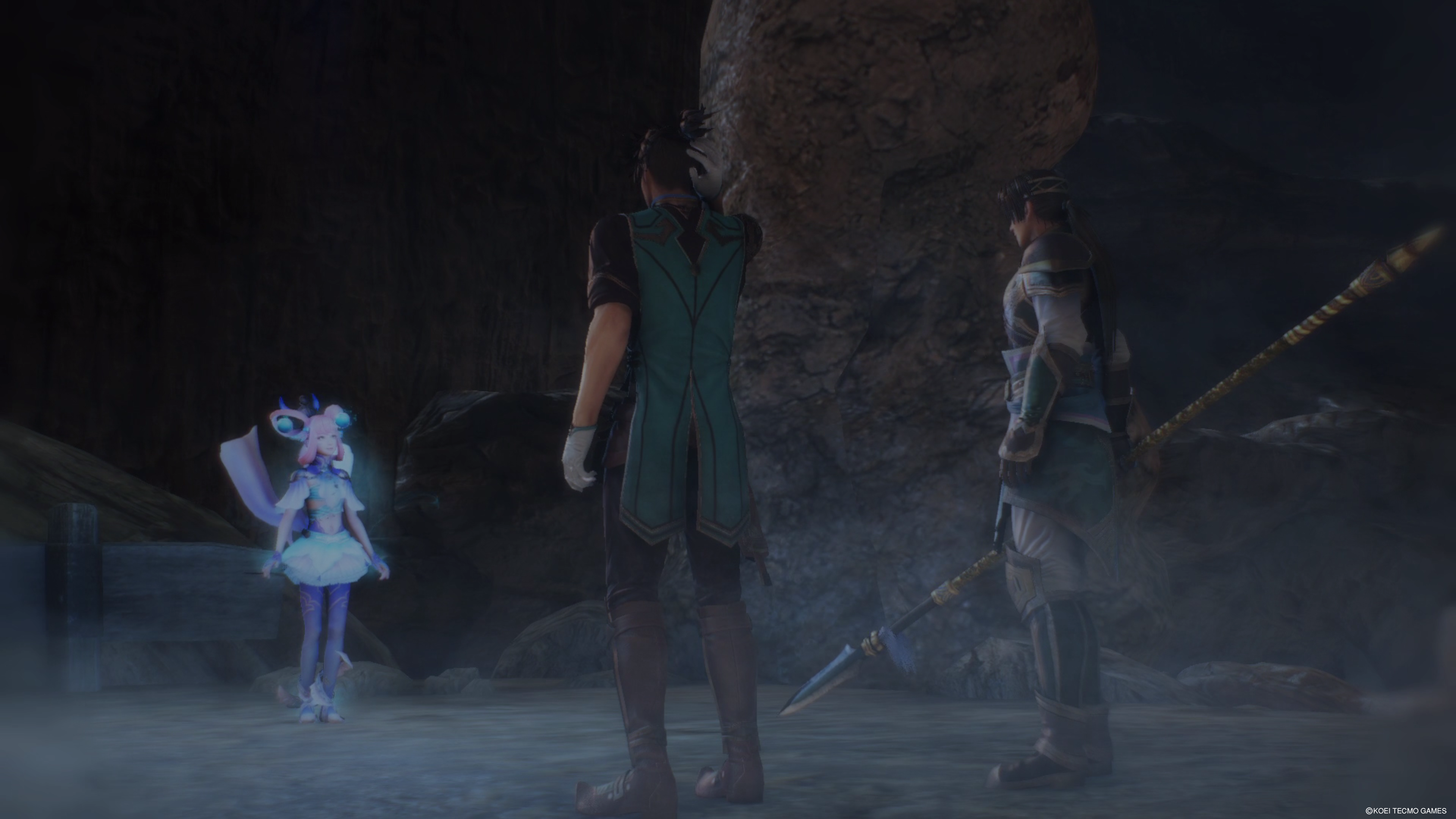
-
Dynasty Warriors Godseekers Review 09
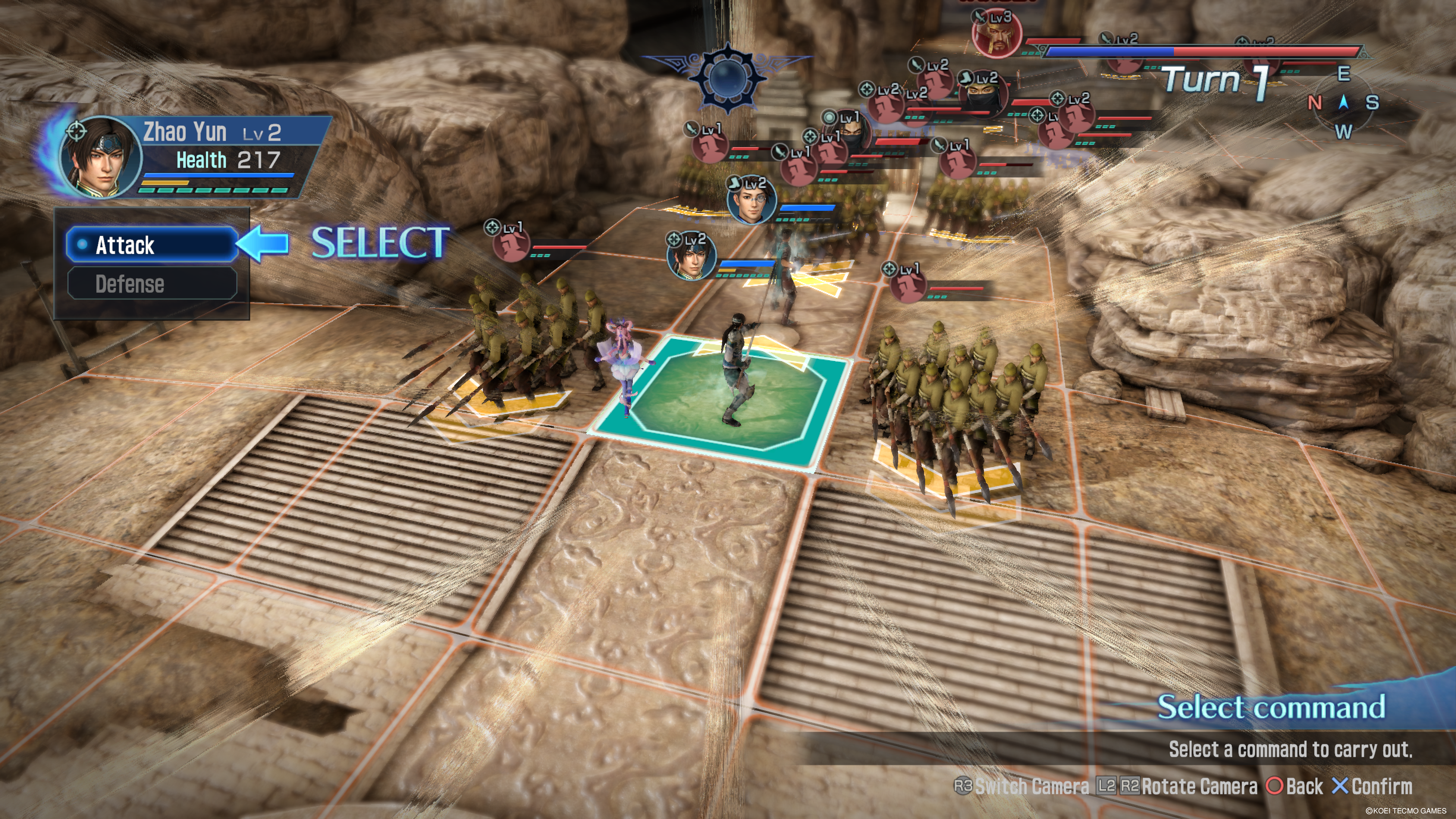
-
Dynasty Warriors Godseekers Review 10
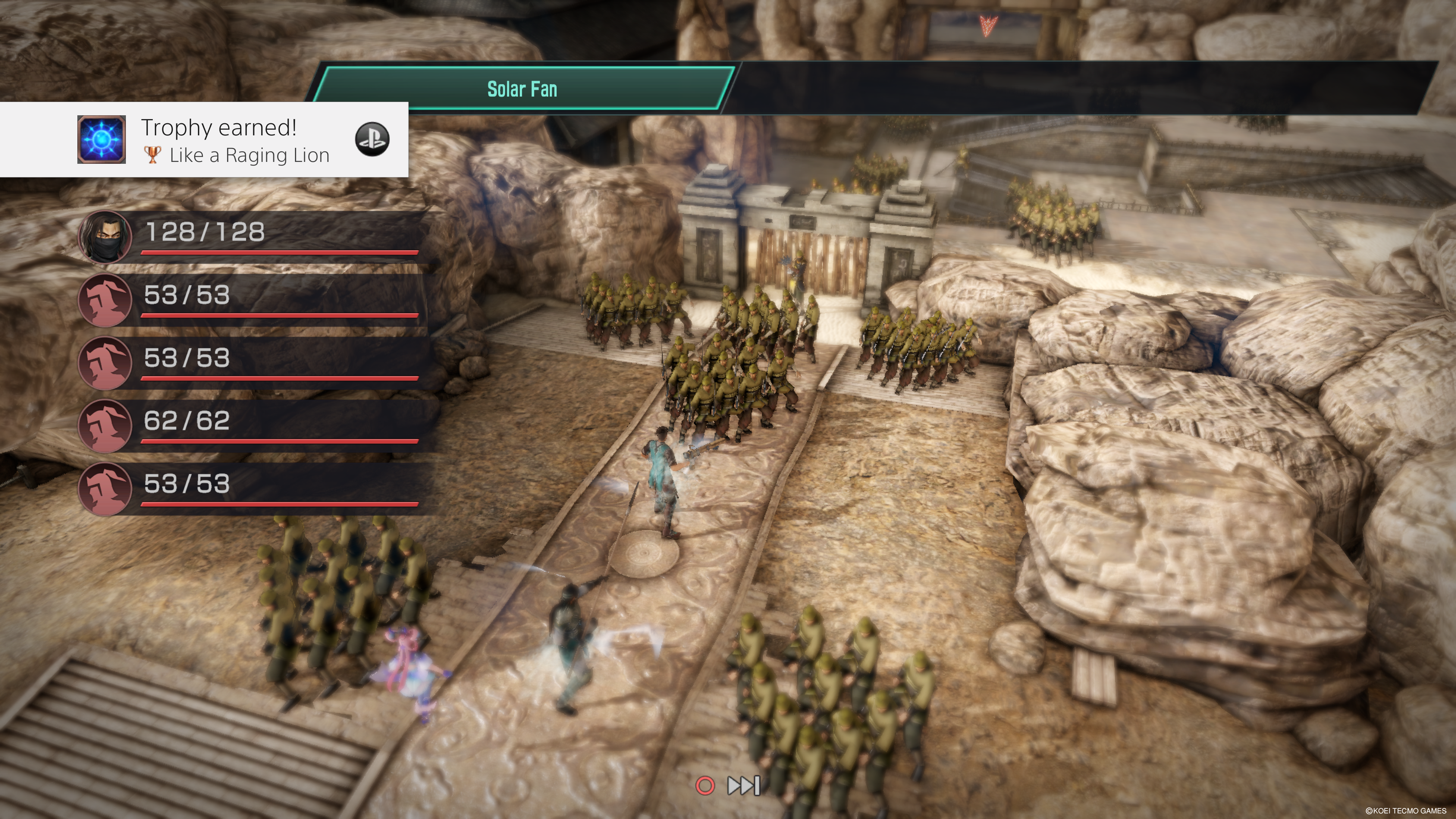
-
Dynasty Warriors Godseekers Review 11
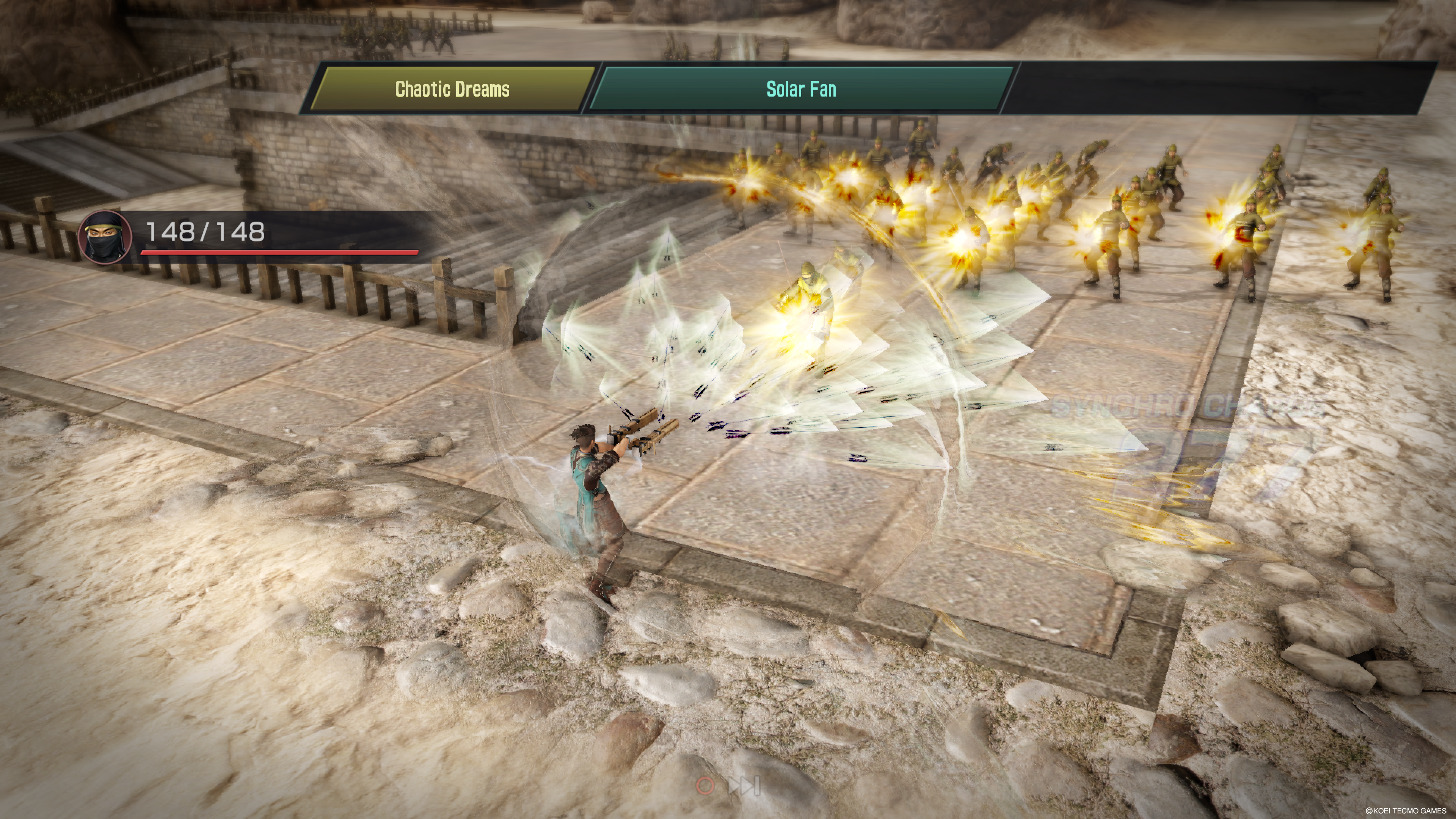
-
Dynasty Warriors Godseekers Review 12
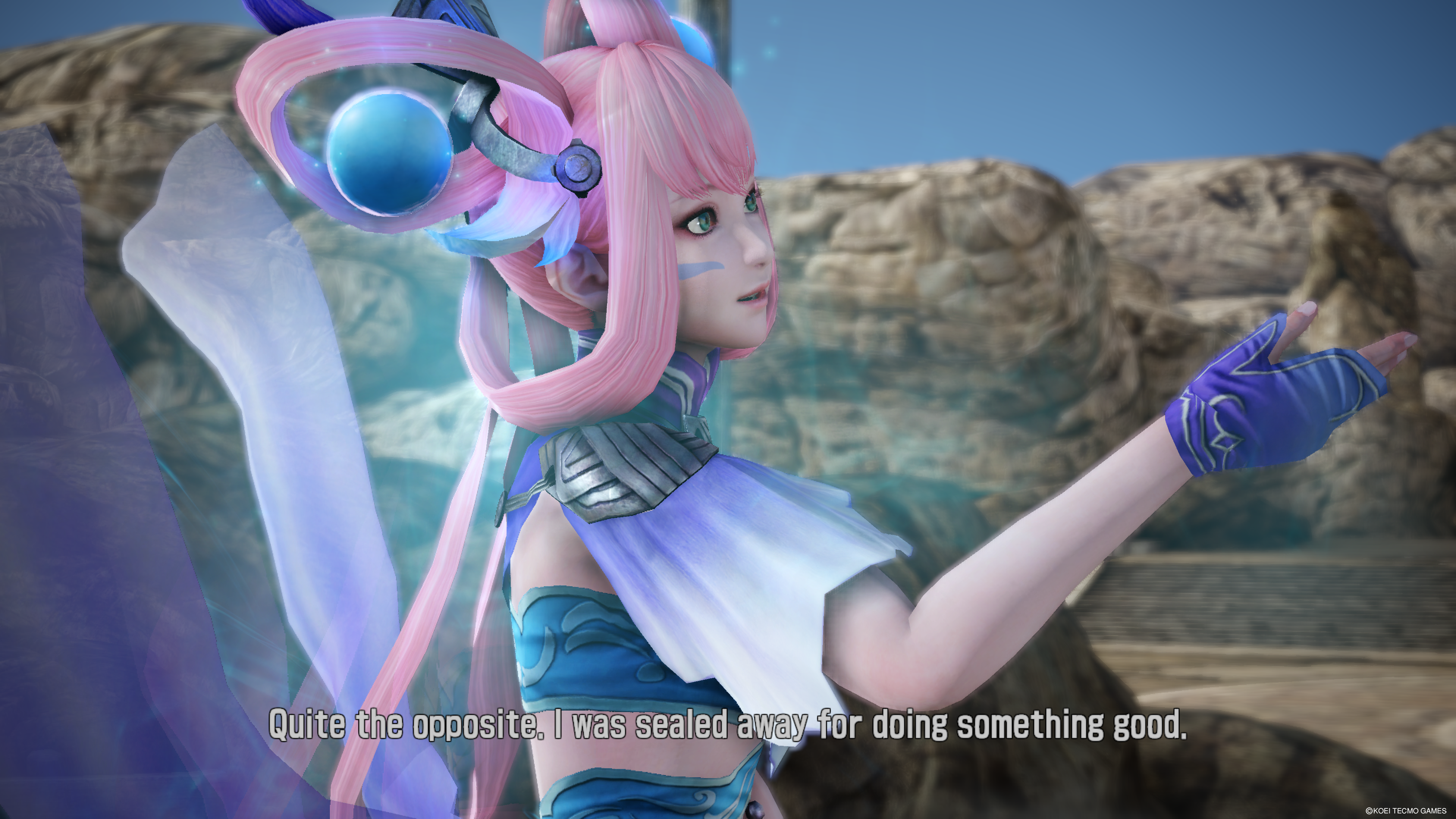
-
Dynasty Warriors Godseekers Review 13
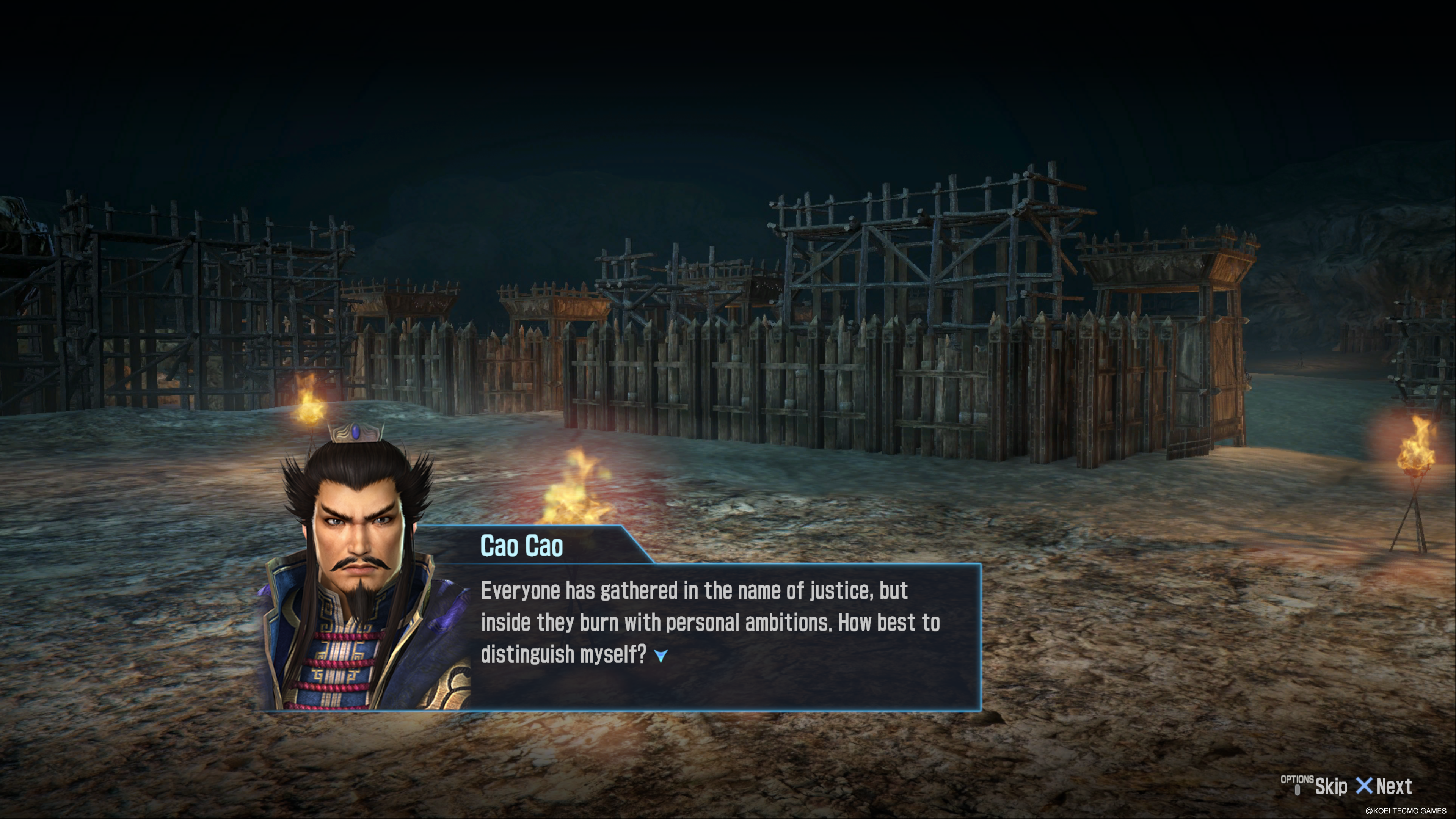
-
Dynasty Warriors Godseekers Review 14
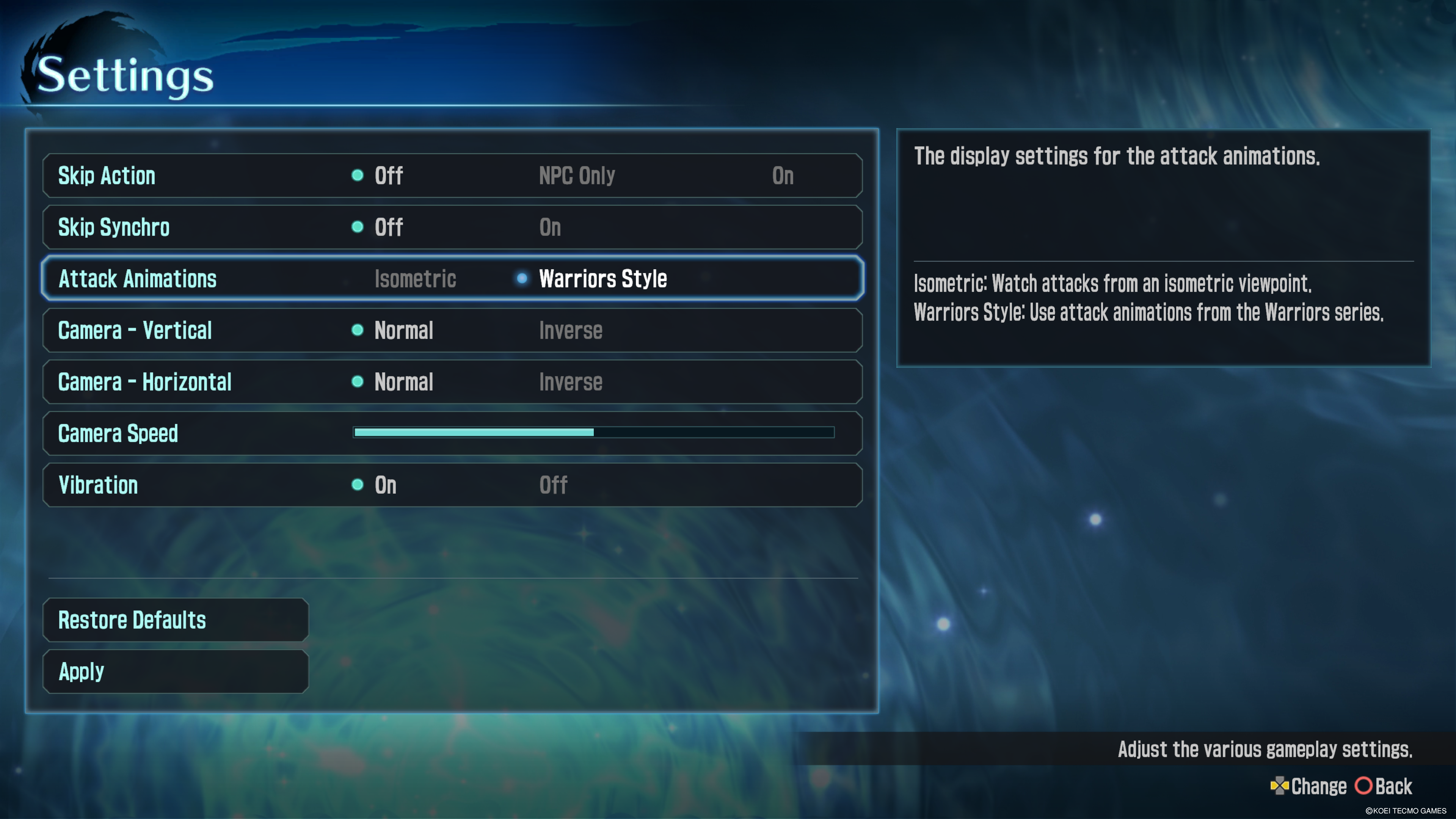
-
Dynasty Warriors Godseekers Review 15
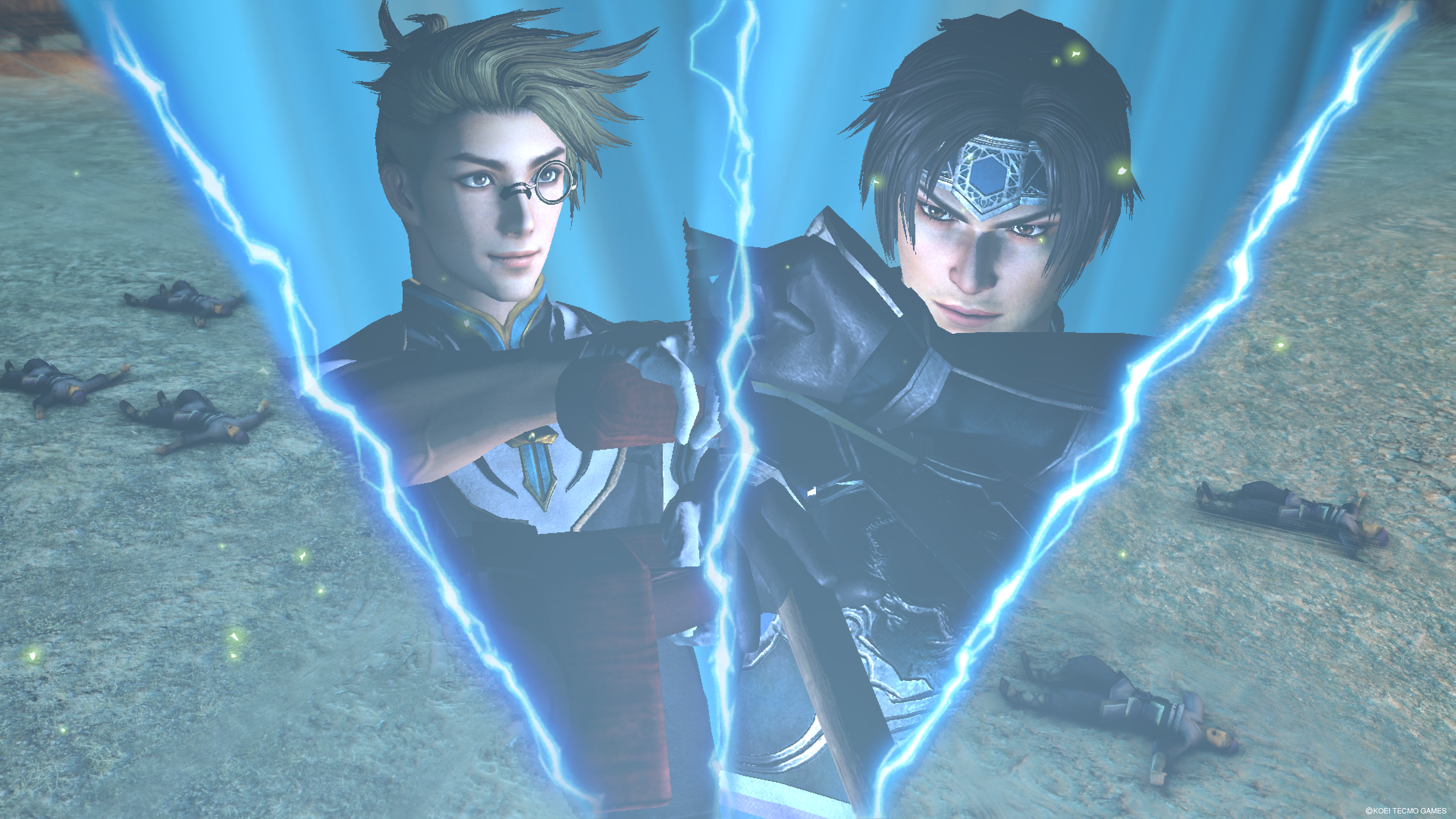
-
Dynasty Warriors Godseekers Review 16
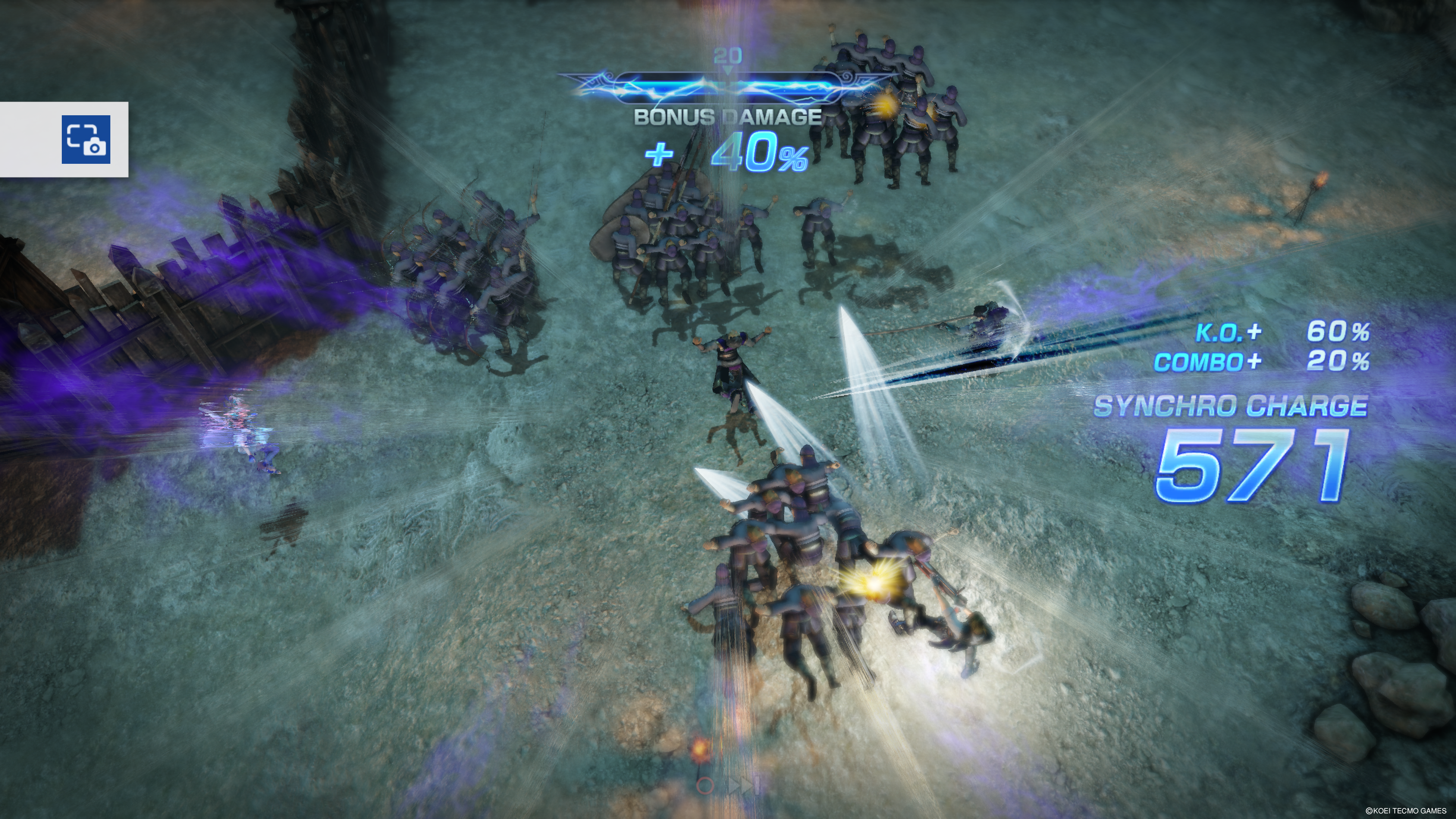
-
Dynasty Warriors Godseekers Review 17
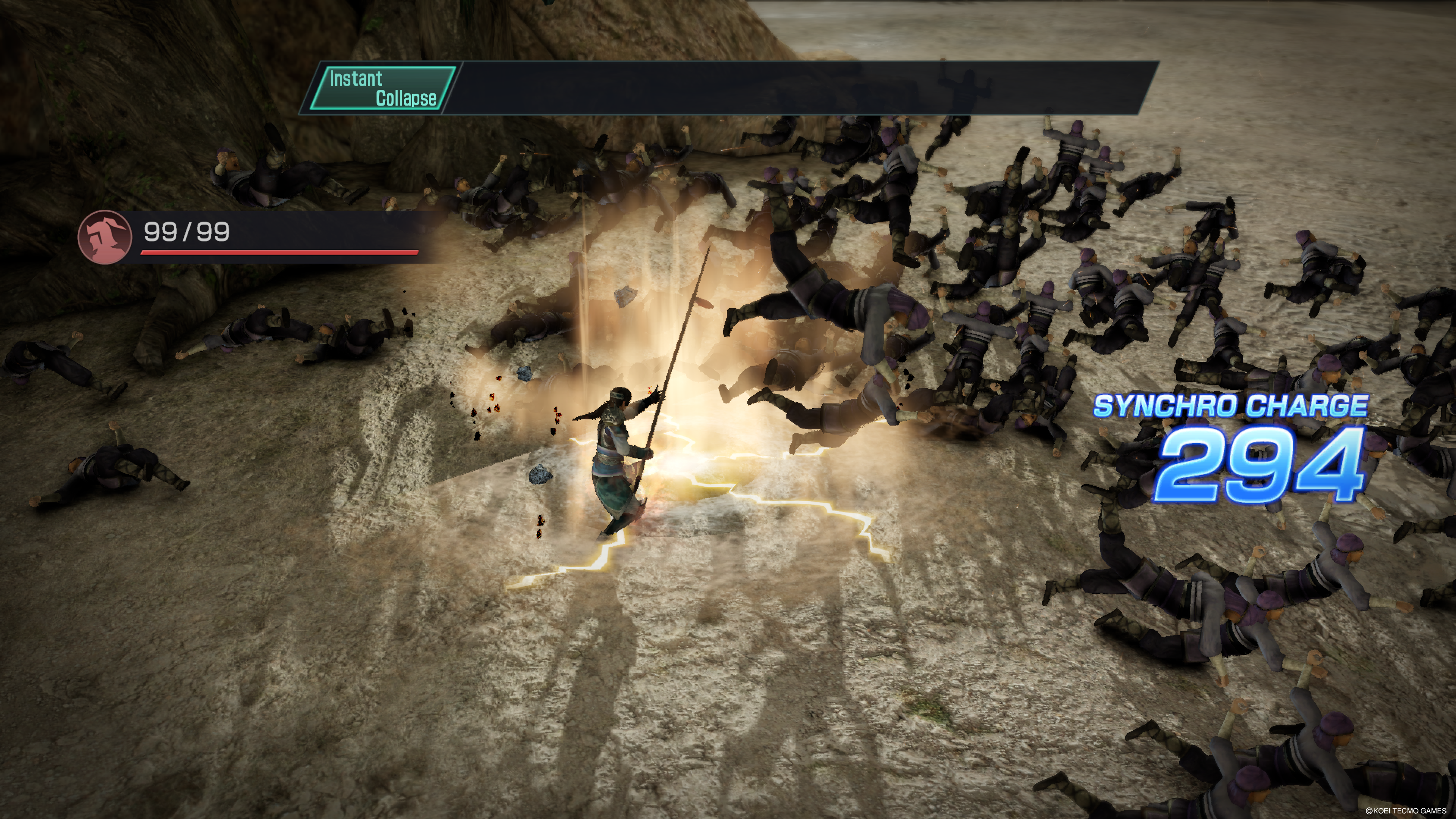
-
Dynasty Warriors Godseekers Review 18
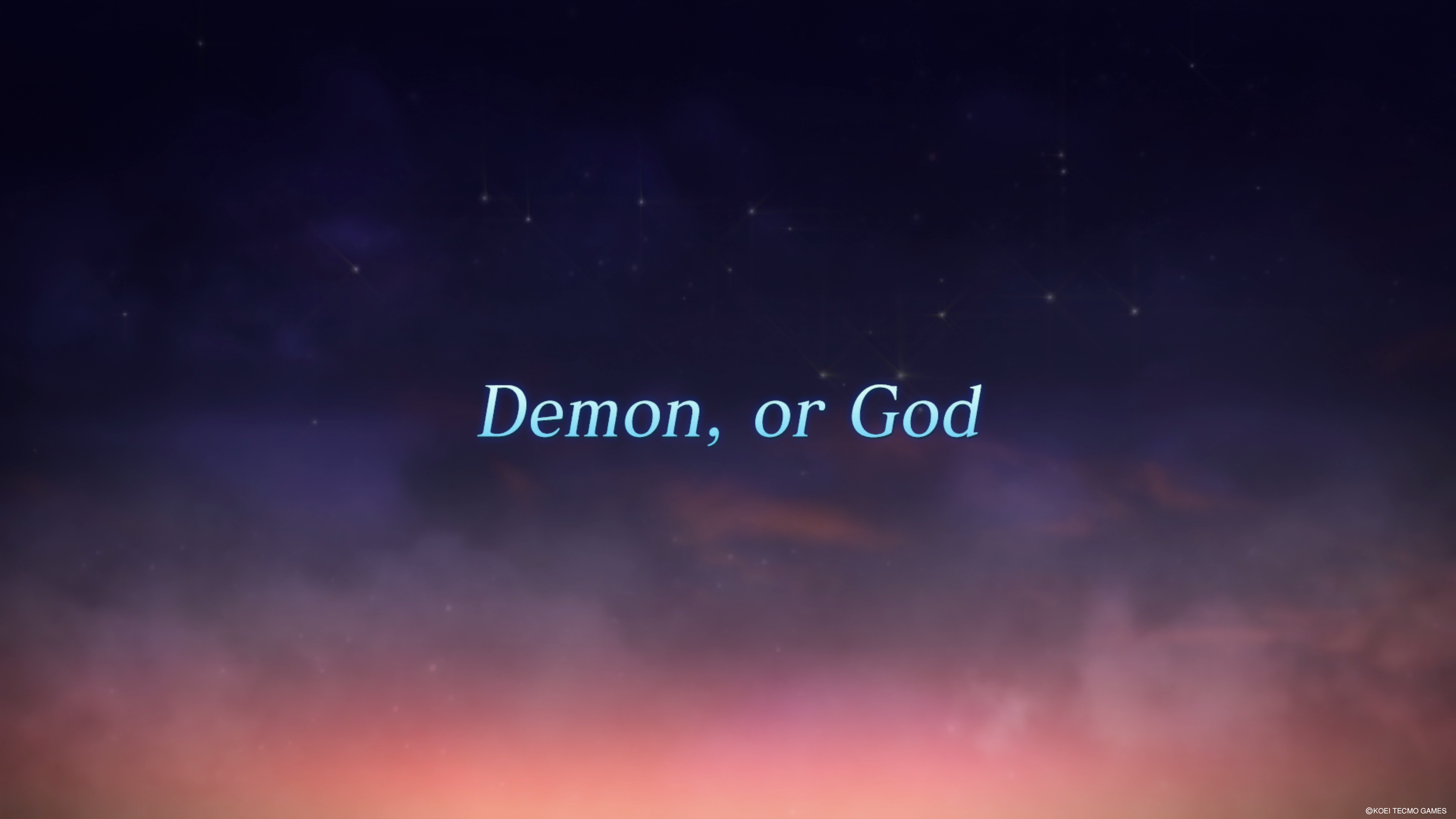
-
Dynasty Warriors Godseekers Review 19

-
Dynasty Warriors Godseekers Review 20

-
Dynasty Warriors Godseekers Review 21
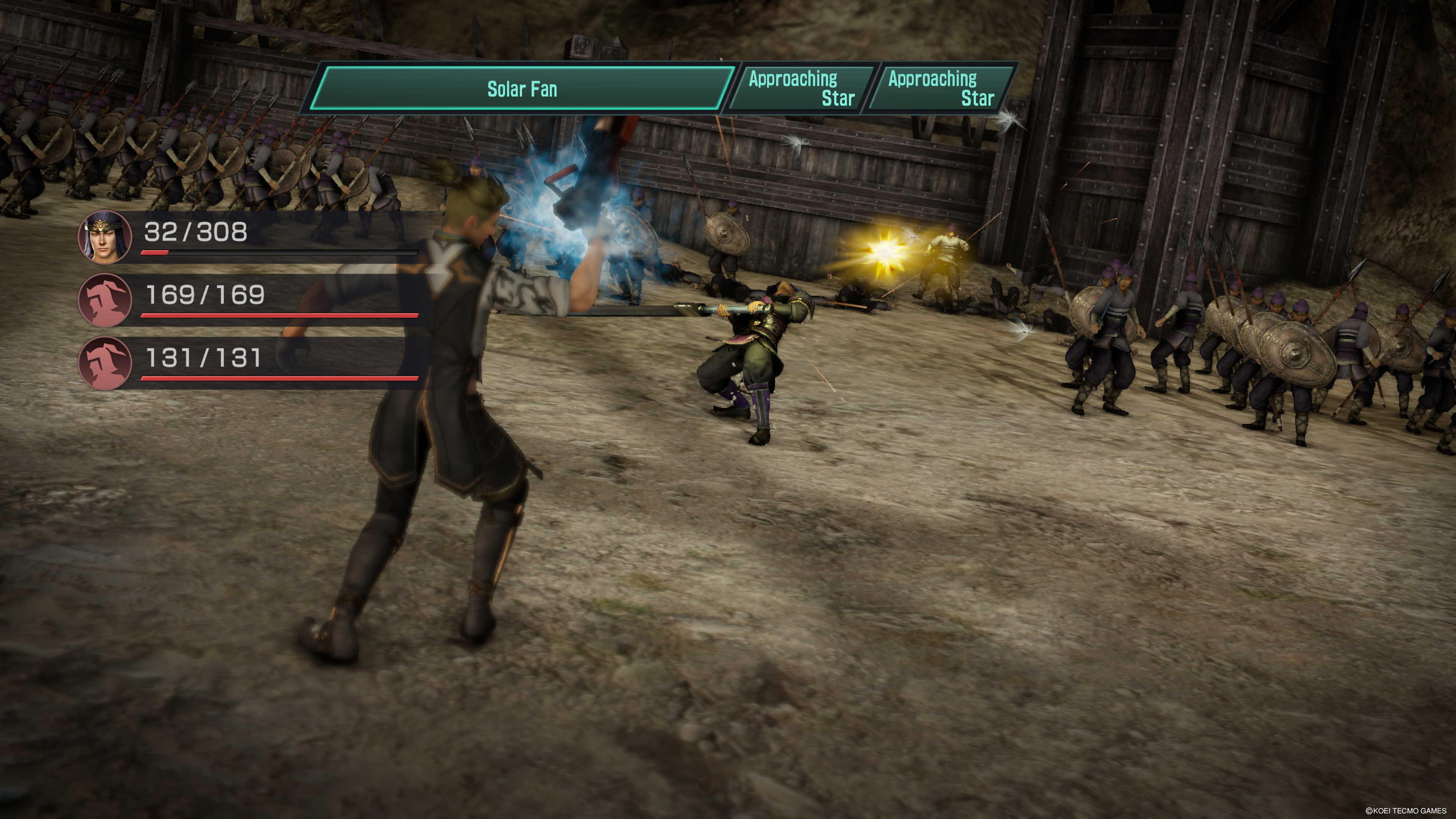
-
Dynasty Warriors Godseekers Review 22
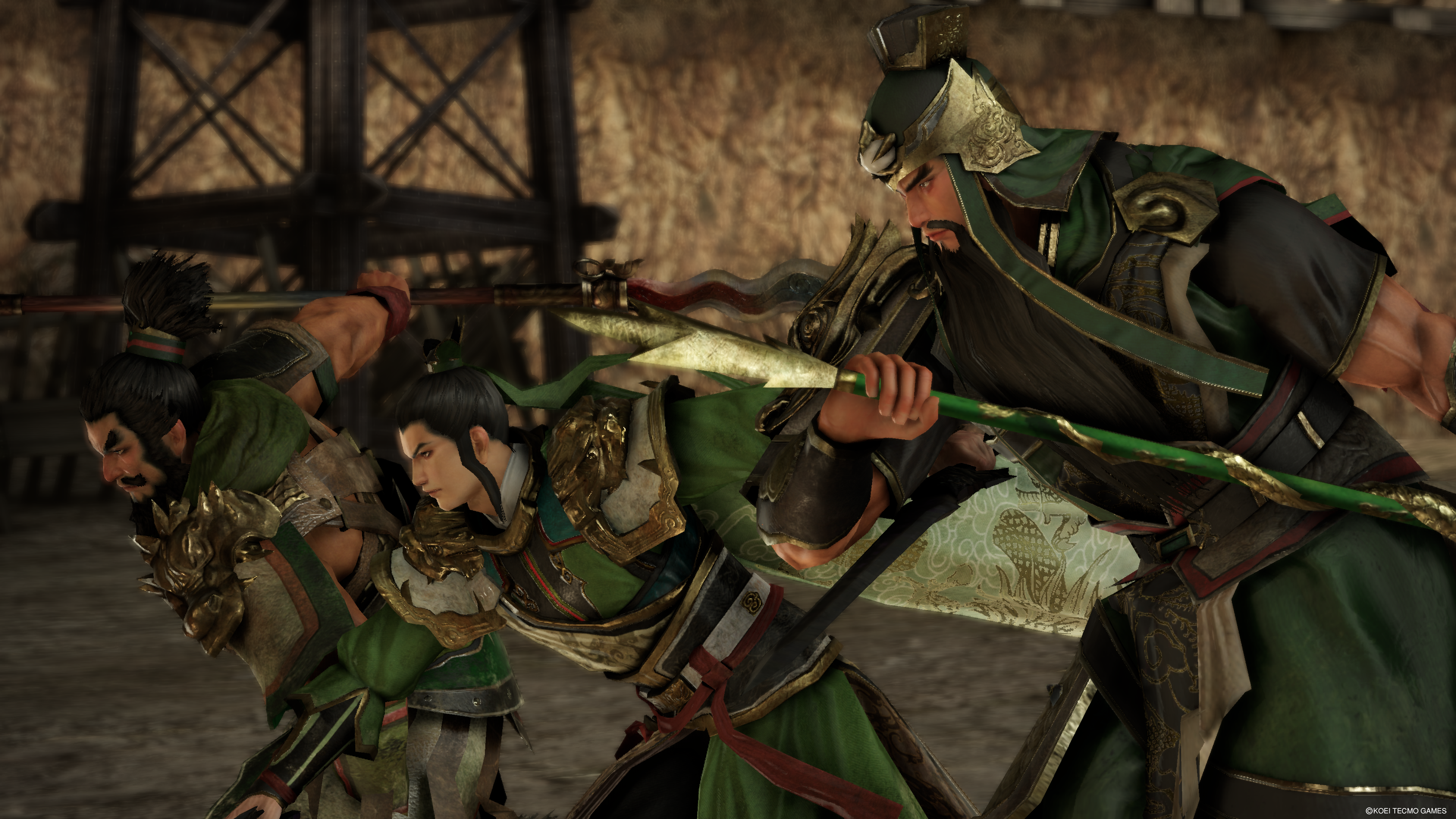
-
Dynasty Warriors Godseekers Review 23
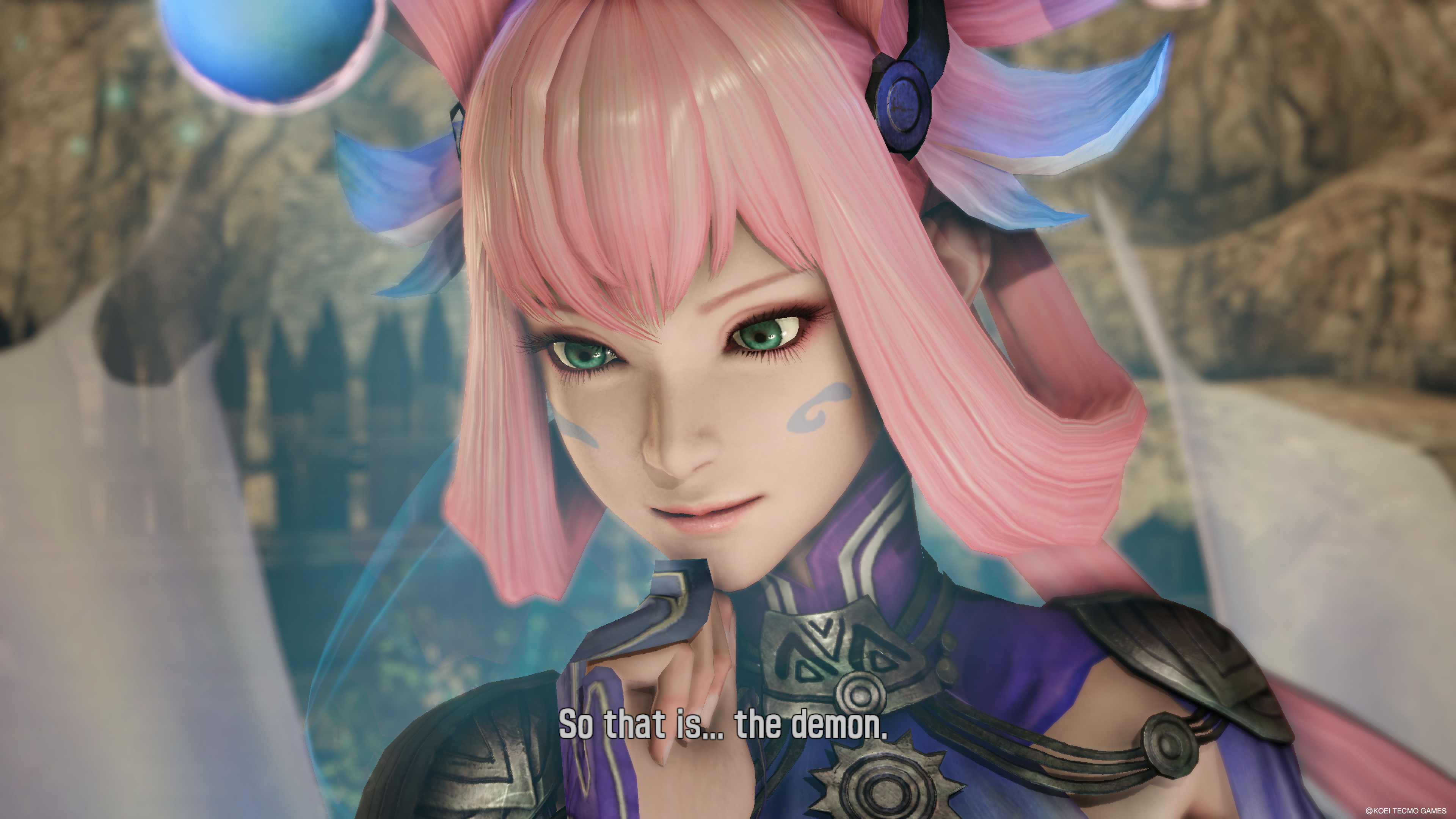
-
Dynasty Warriors Godseekers Review 24
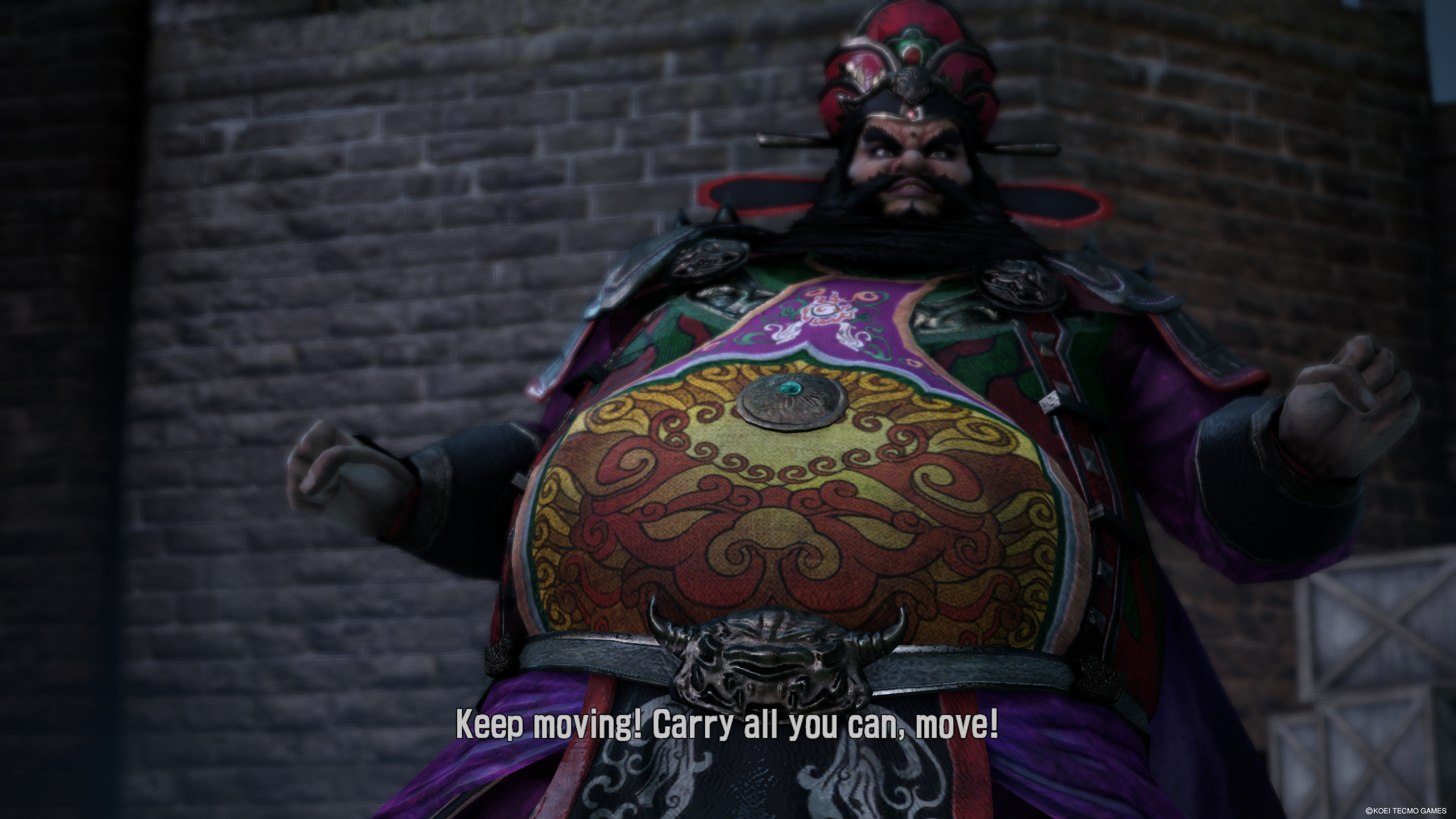
-
Dynasty Warriors Godseekers Review 25
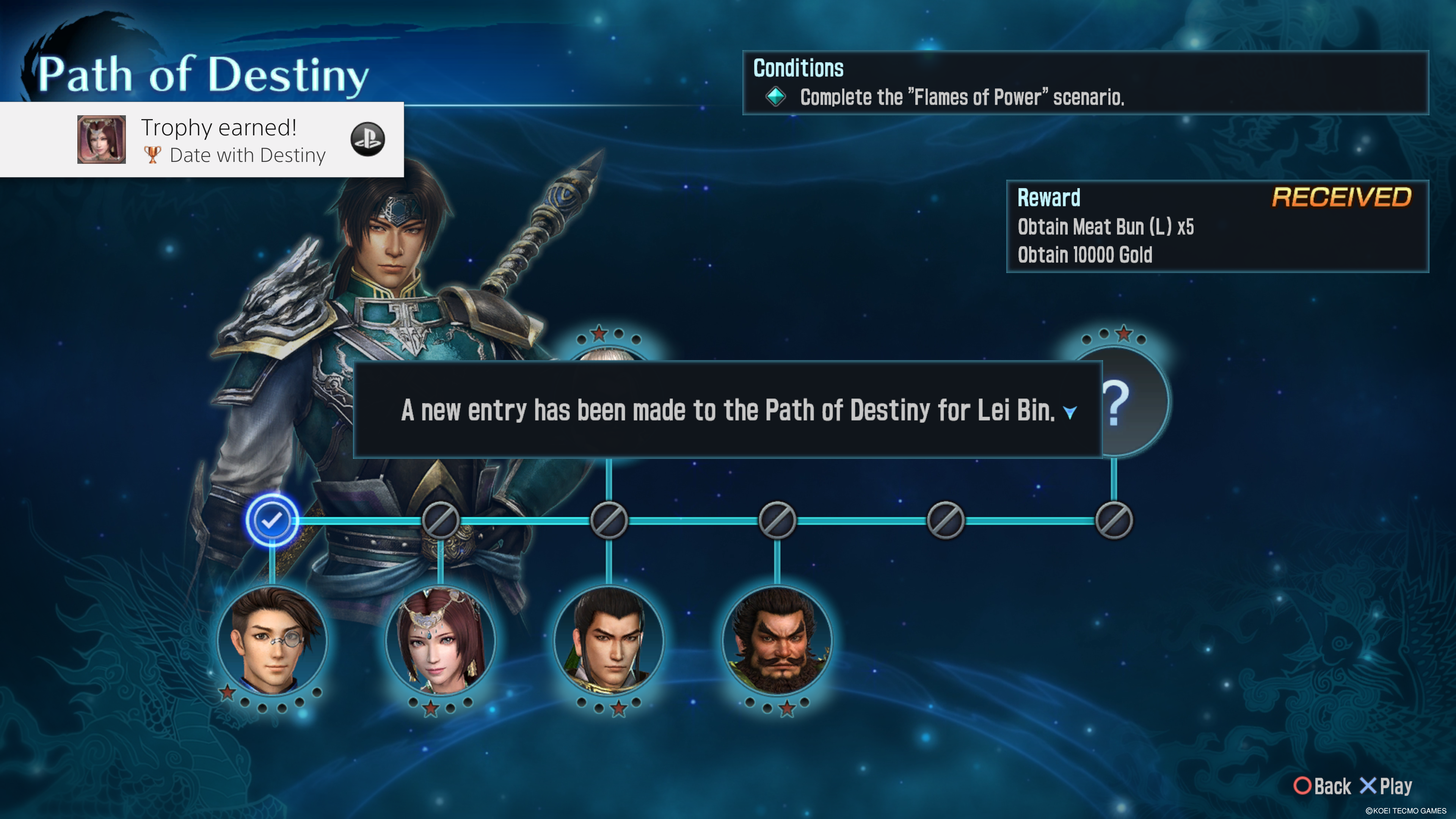
-
Dynasty Warriors Godseekers Review 26

-
Dynasty Warriors Godseekers Review 27
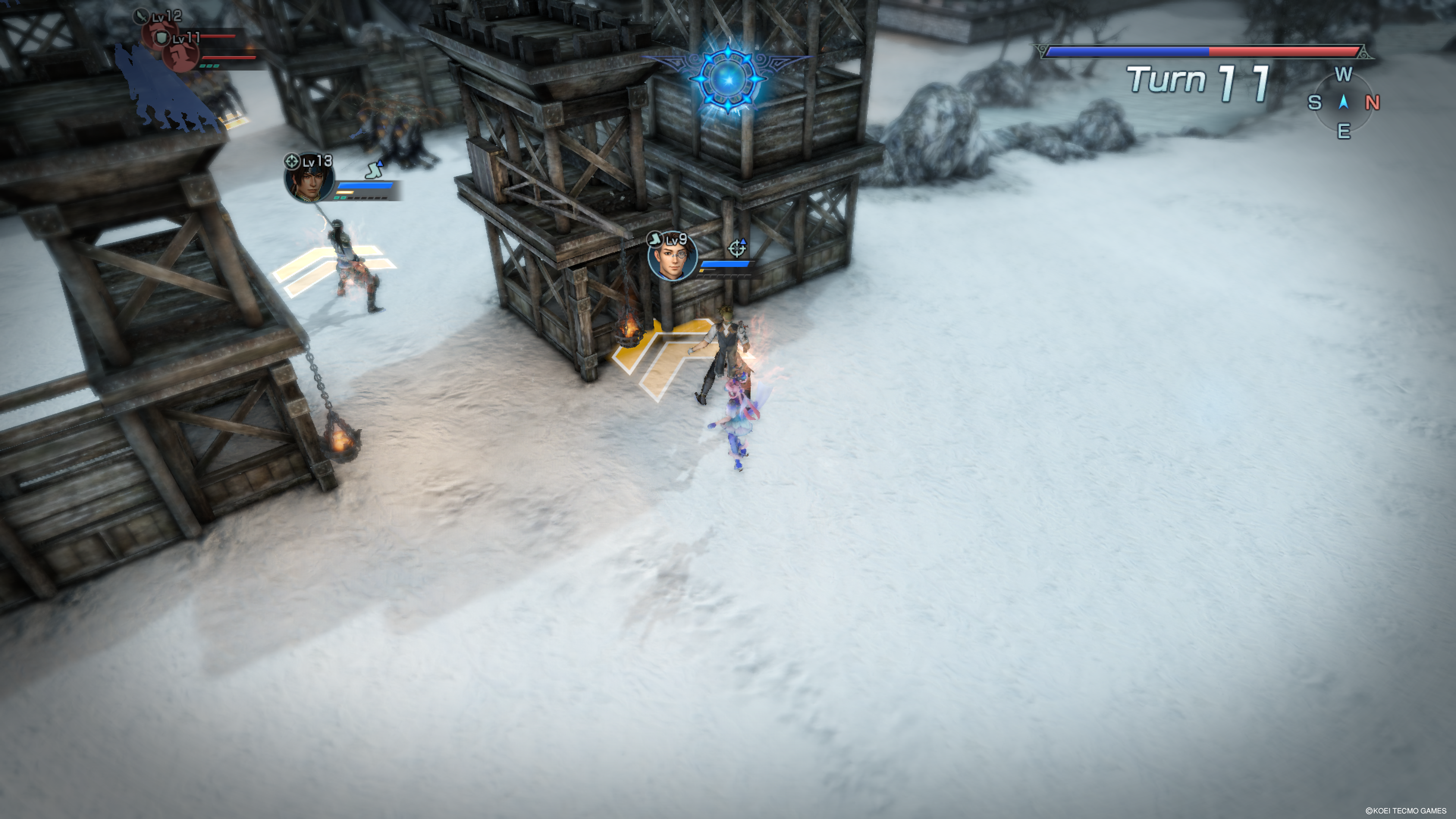
-
Dynasty Warriors Godseekers Review 28
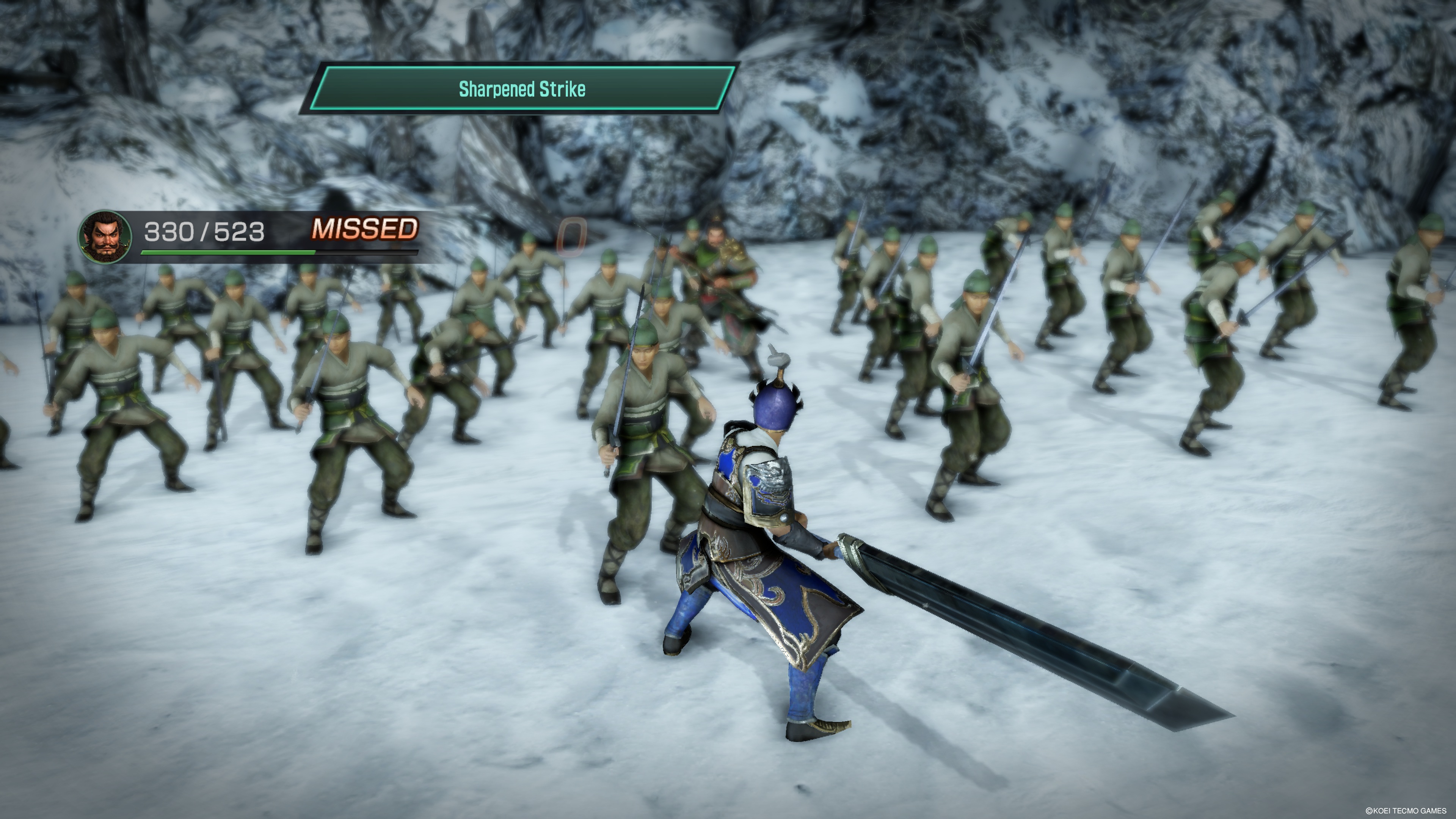
-
Dynasty Warriors Godseekers Review 29
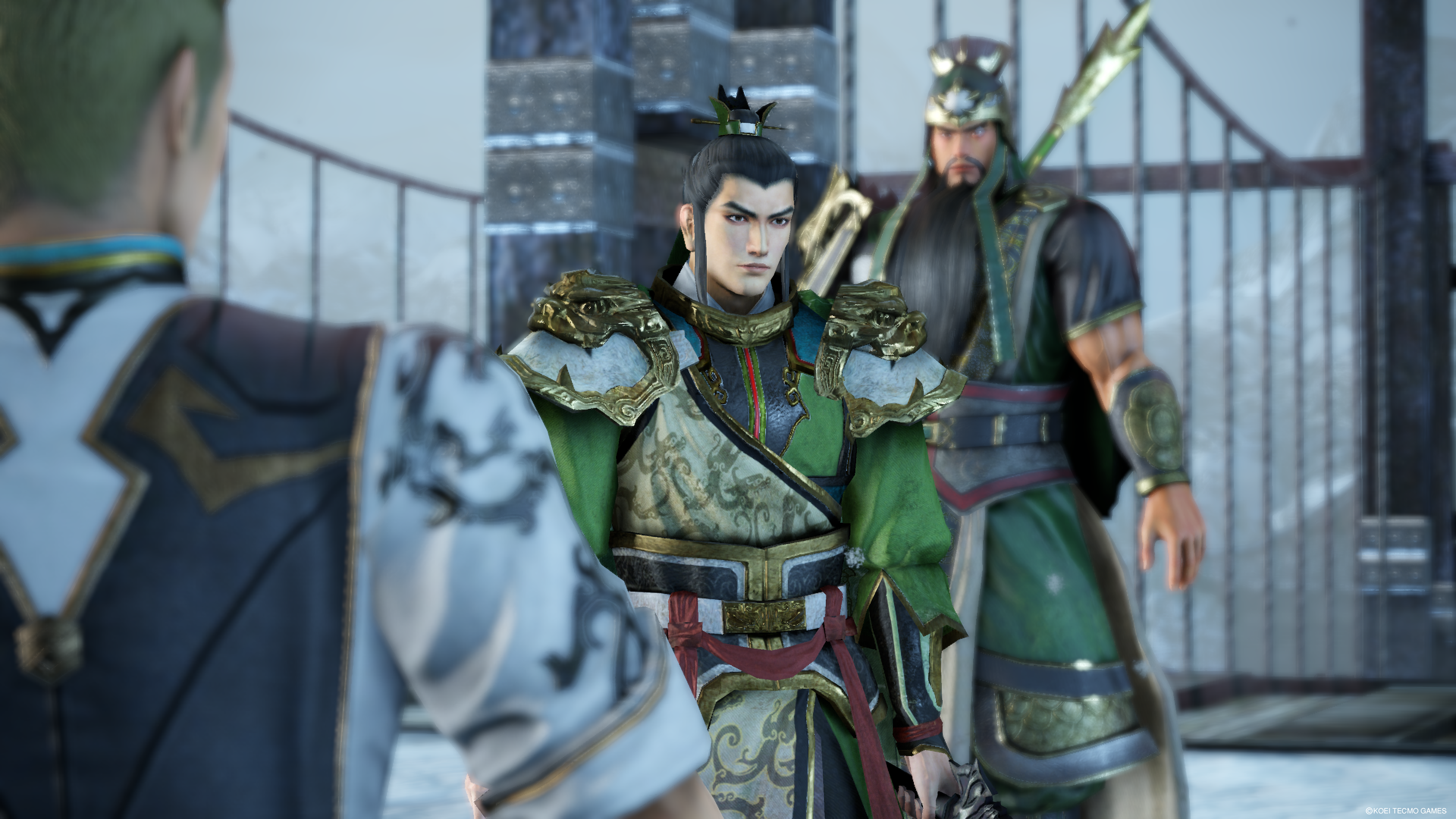
-
Dynasty Warriors Godseekers Review 30
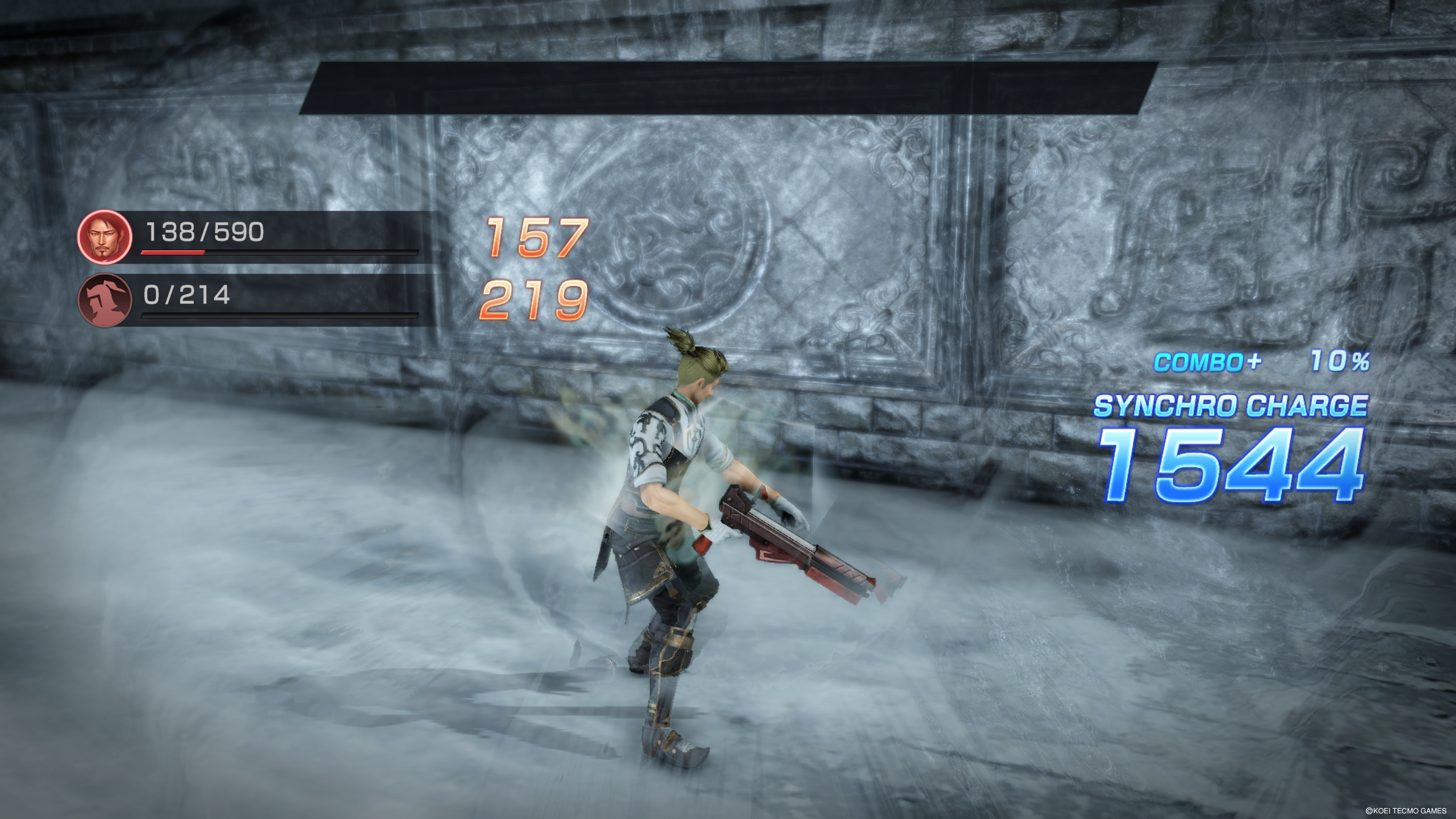
-
Dynasty Warriors Godseekers Review 31
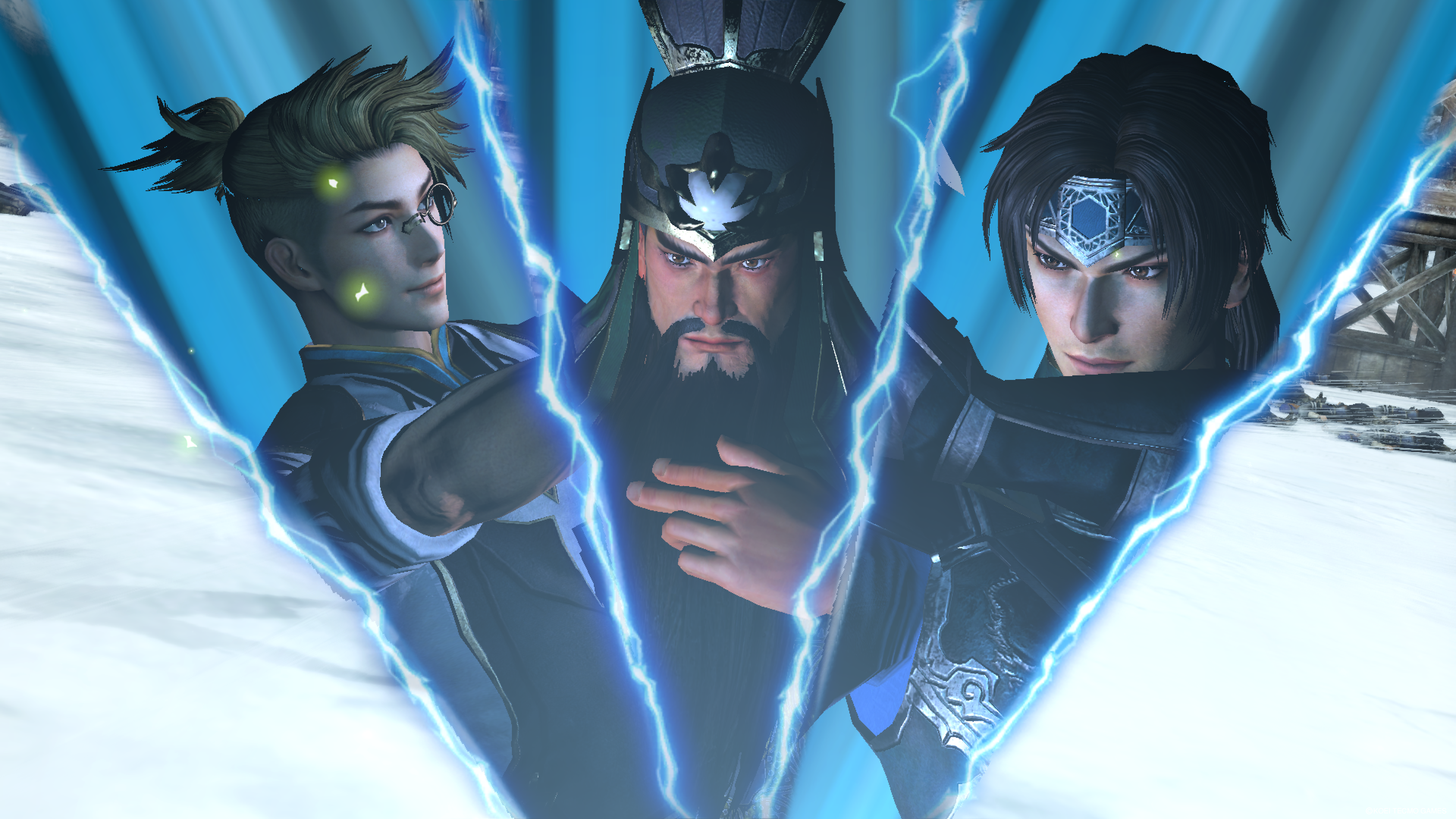
-
Dynasty Warriors Godseekers Review 32
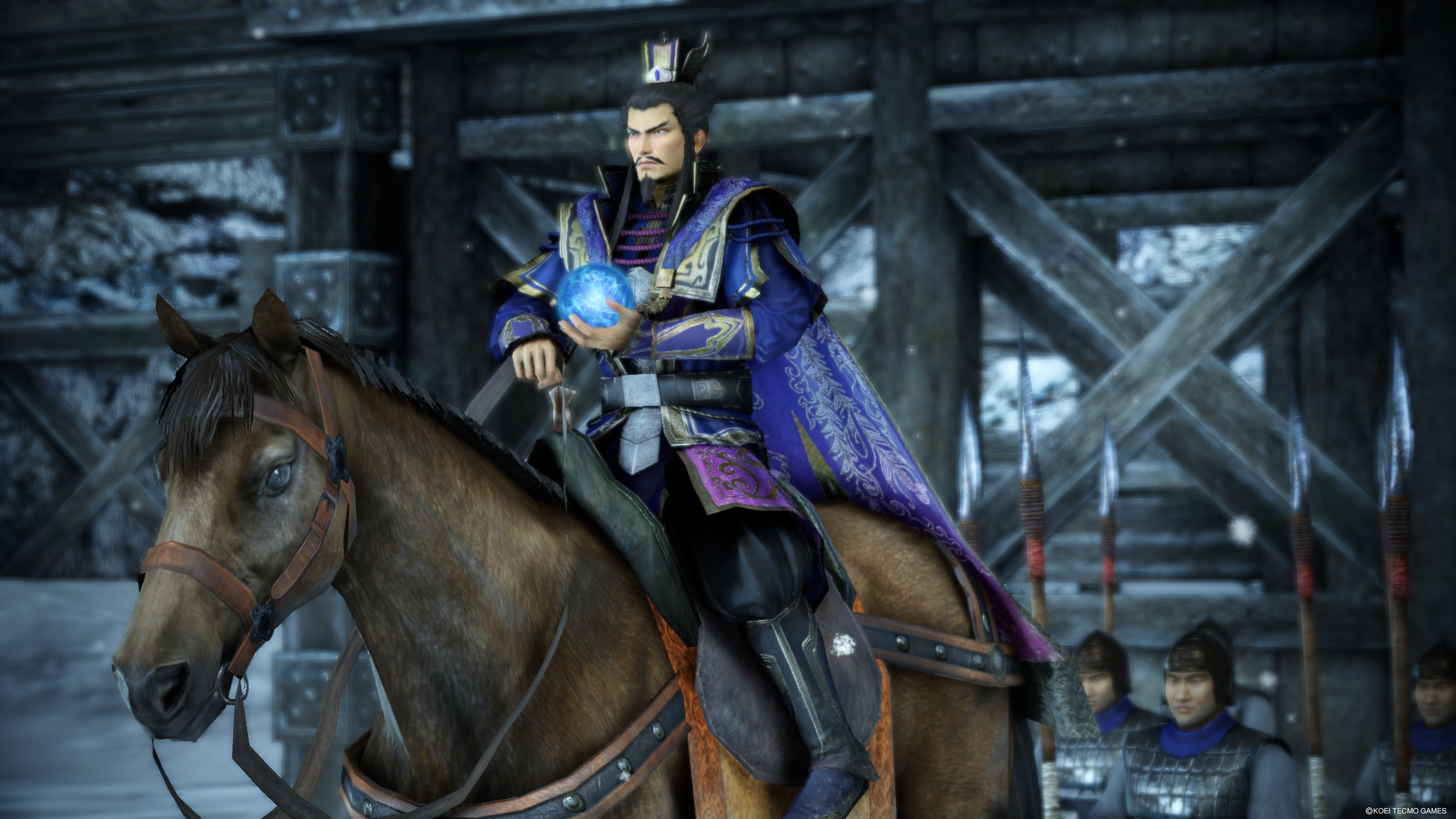
-
Dynasty Warriors Godseekers Review 33
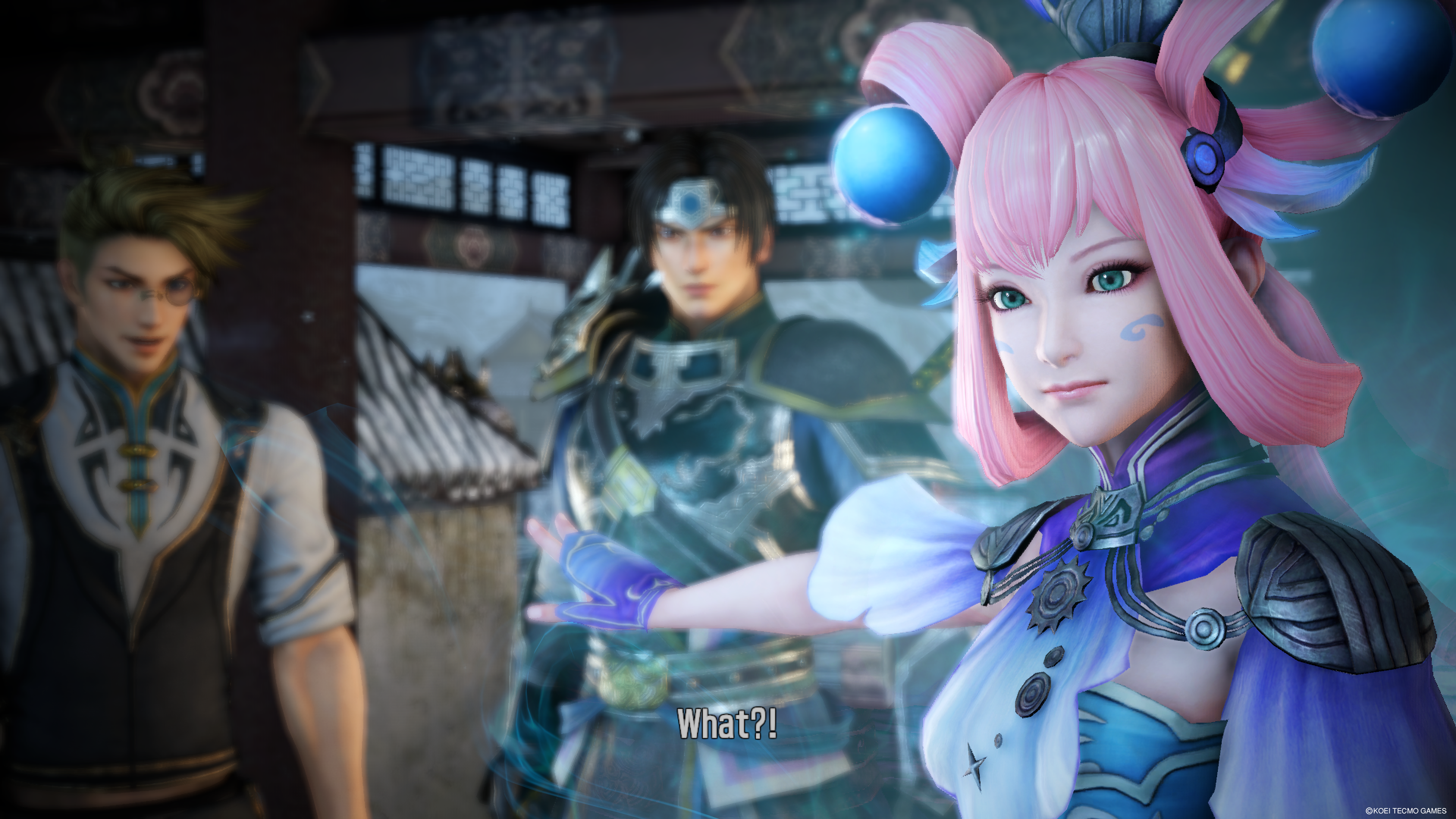
-
Dynasty Warriors Godseekers Review 34
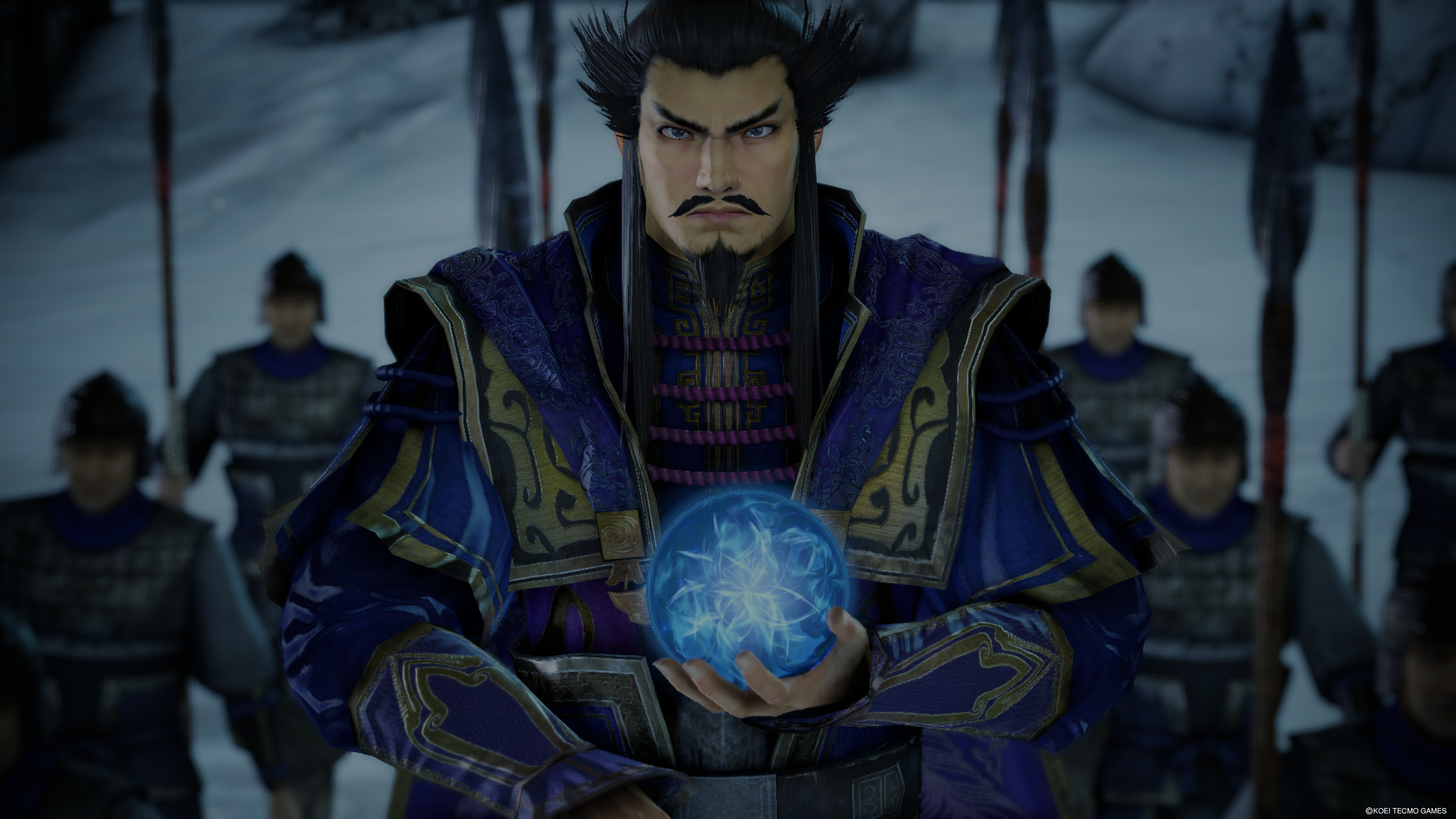
-
Dynasty Warriors Godseekers Review 35
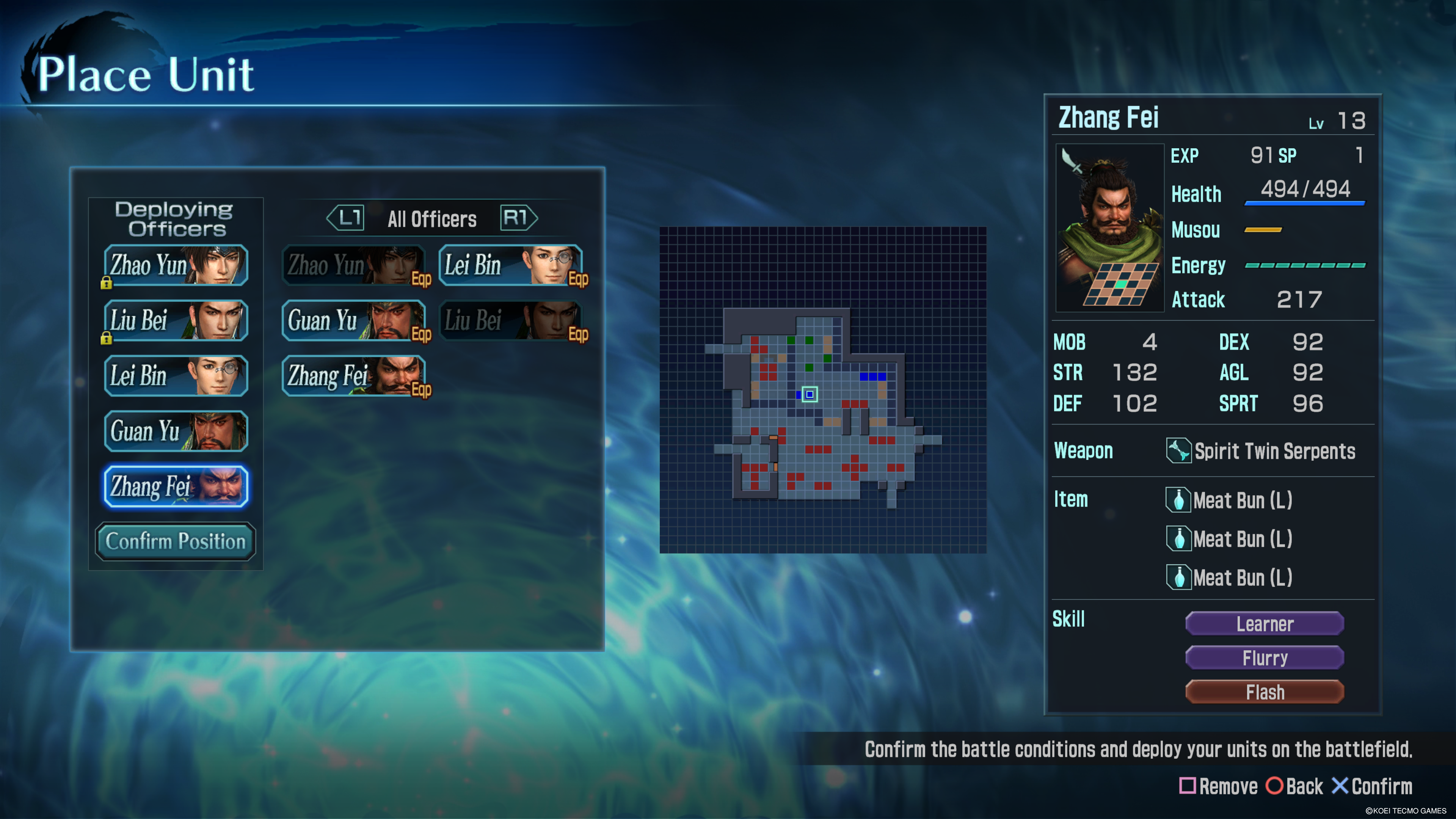
-
Dynasty Warriors Godseekers Review 36
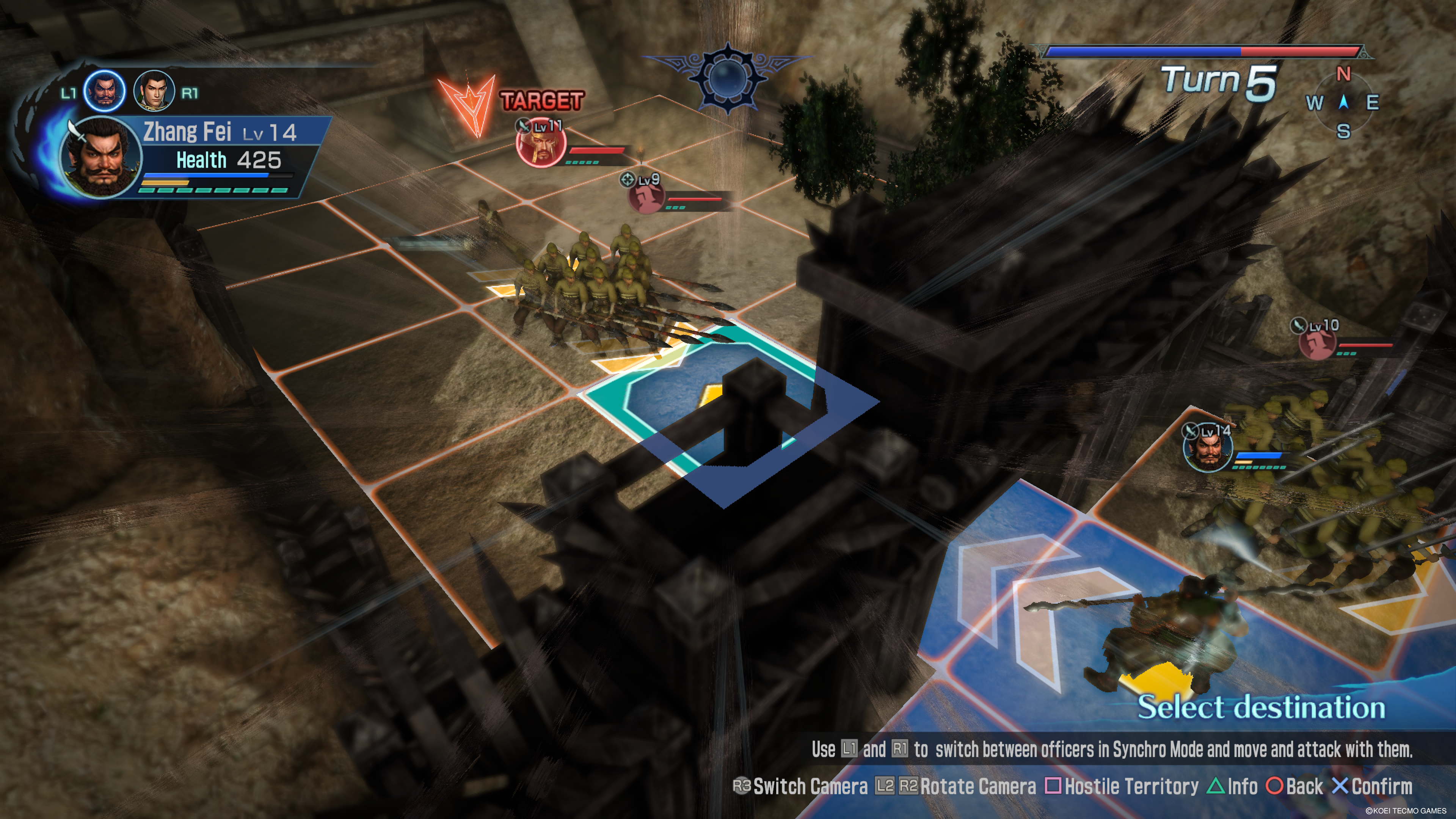
-
Dynasty Warriors Godseekers Review 37
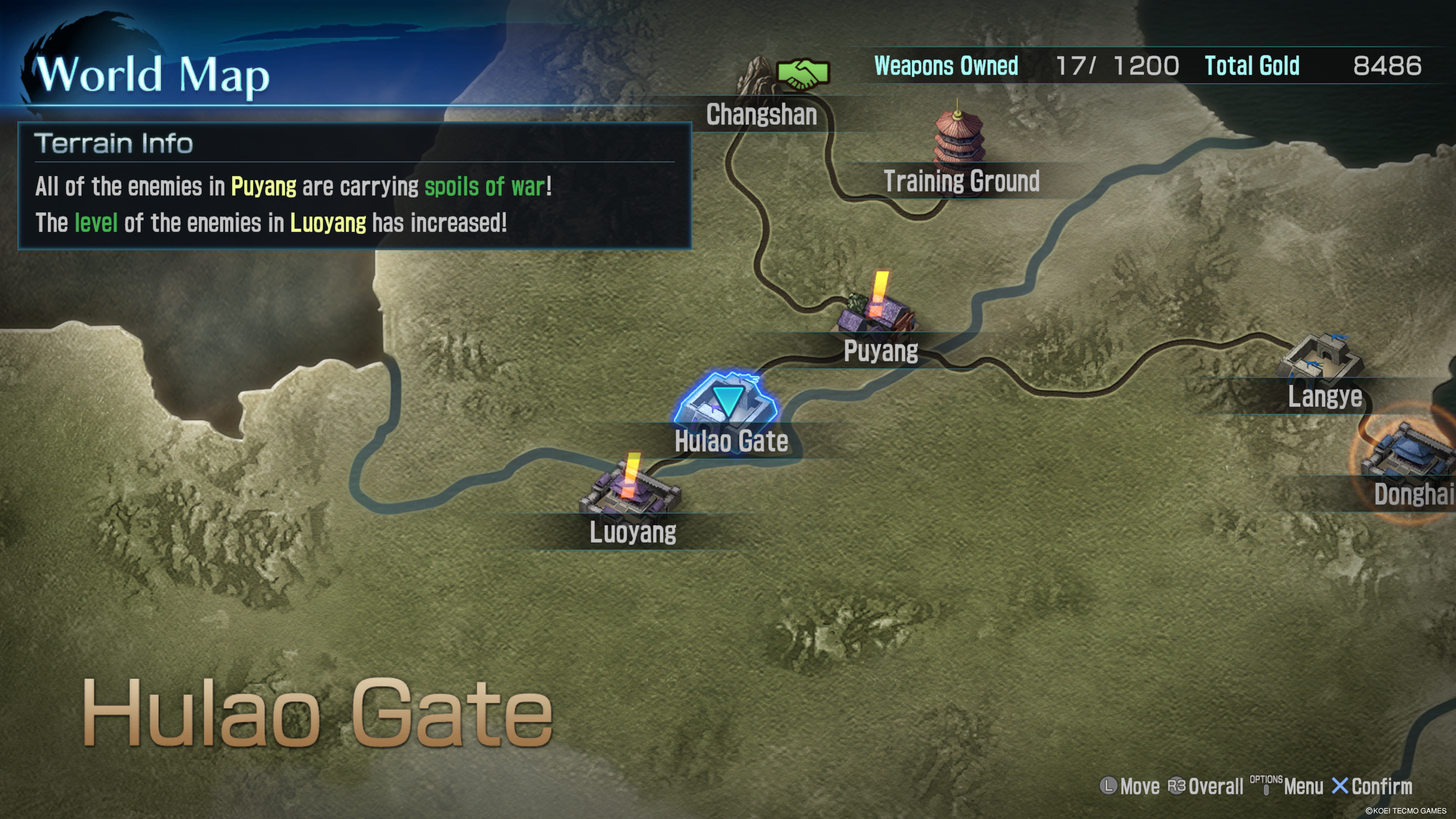
-
Dynasty Warriors Godseekers Review 38

-
Dynasty Warriors Godseekers Review 39
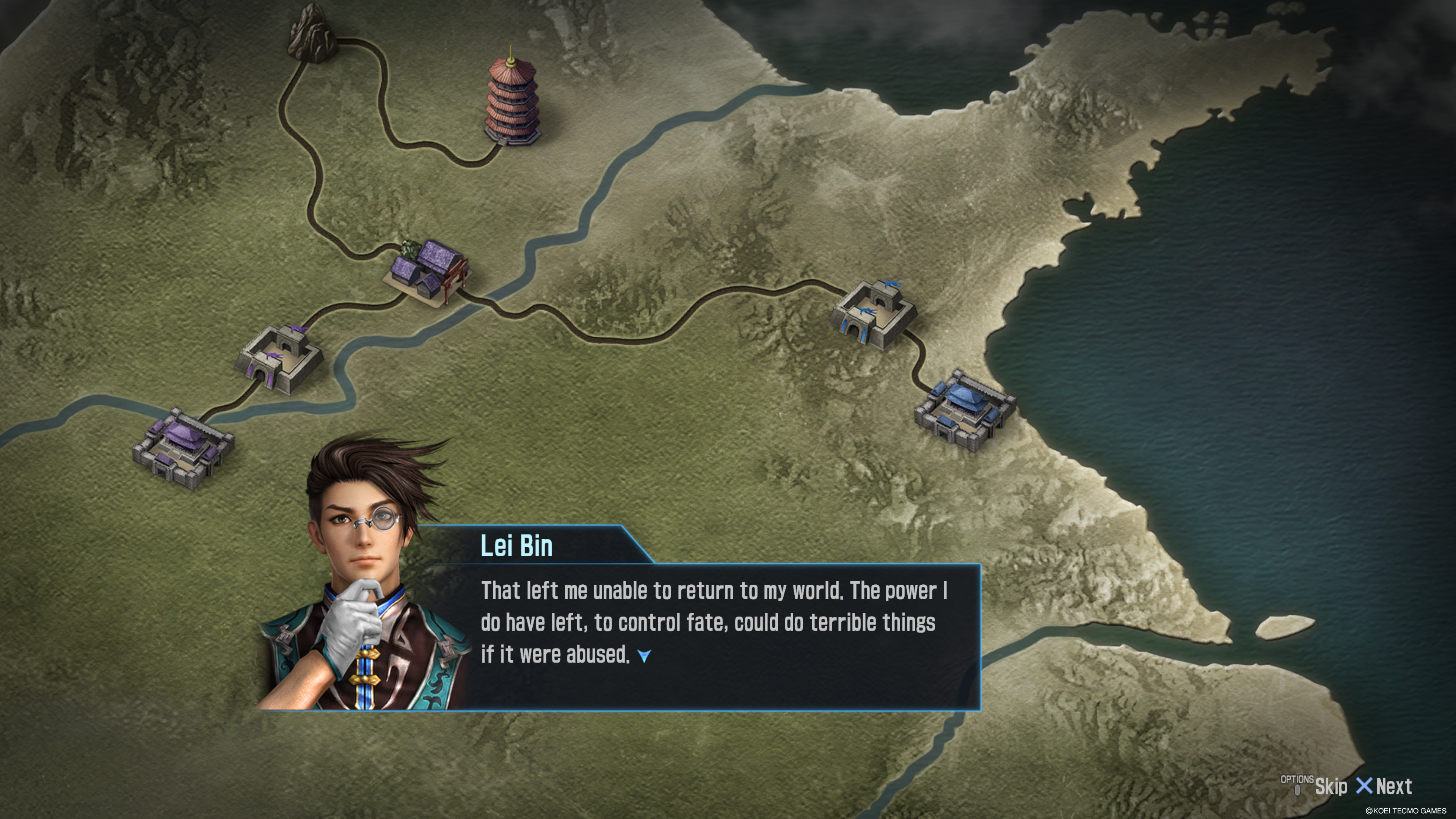
-
Dynasty Warriors Godseekers Review 40
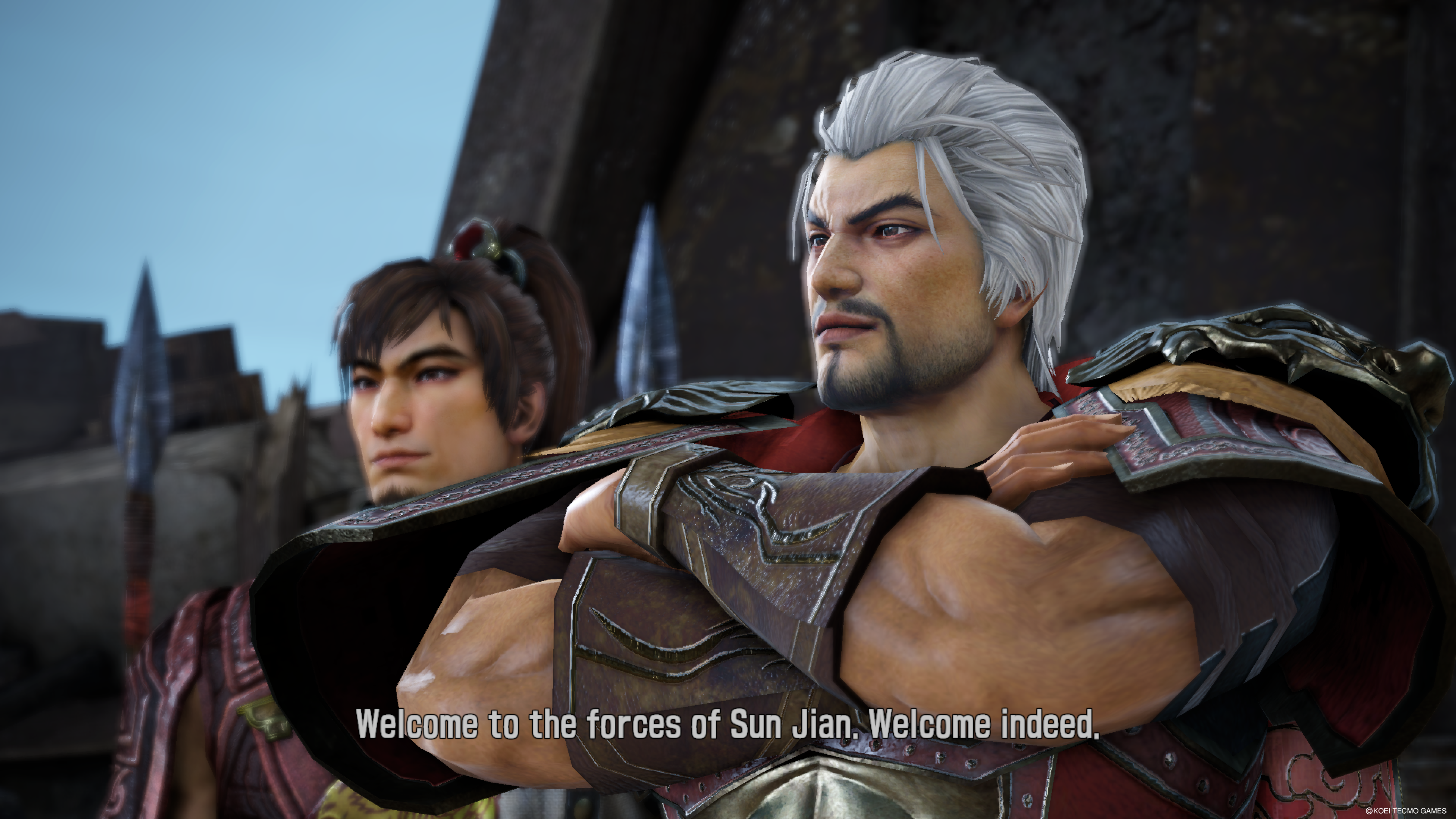
-
Dynasty Warriors Godseekers Review 41
